|
*If you came here from Instagram, the post continues after the photo below :) * Throughout our lives we have been building a model of ourselves and the world in our mind. When we’re young, the model is loose and easily changed. As we age, experience reinforces certain beliefs and shatter others. Some beliefs were impressed upon us as a child. If your parents were divorced and neither of them believed in love, then perhaps this is a belief that was unconsciously impressed upon you. If your parents believed in soulmates the reverse could also be true. As you age, your life will challenge some of these beliefs. If you didn’t believe in love but then fell in love with someone, for example. Some beliefs are never challenged because there was no one around to challenge them. These are the ones that often cause us the most problems. For example, if you lived in a state that didn’t believe in allowing women to control their bodies. The belief was impressed upon you as a child and perhaps was never challenged. However, not just anyone can challenge your view. You must have respect for the opposing perspective in order to be influenced. If there is no respect, the other perspective is very easily dismissed. There are certain systems that exist that can help us break some of our deepest beliefs. Some spiritual traditions take on this role. However, the beliefs that they target are deeper than political beliefs — they attempt to illuminate our deepest beliefs about ourselves, our minds, and our place in the universe. These systems vary in efficacy. Some are transparent; meaning they understand what they are doing and they know how they will go about it. Other systems have long forgotten why they are structured in their particular way, which often leads to dogma over time. Generally, most systems become increasingly dogmatic over time — just as the individuals do. The same way your model of the world becomes more rigid as you age, so has the model held by these groups or systems. As an individual, incorrect and unconscious beliefs can cause harm. As a system, the same is true. This is beneficial to understand because it protects the individual. If the individual approaches a new system, it is beneficial to know if the system is transparent (self-aware) or opaque. Science is generally a self-aware system. It understands that a “theory” has simply never been proven wrong. The theory of gravity, for example, may not hold up on large scales (thus the invention of the term “dark matter” in order to maintain the theory of gravity). However, a scientist (should) be aware that it’s possible that the theory of gravity does not apply on cosmic scales and it is possible that dark matter doesn’t exist. Hence it is a theory.
Catholicism, on the other hand, is more of an opaque system. While the goal is generally to faithfully live the gospel and reach salvation, there is not much room to question the existence of God or other key tenets. Nor is Catholicism (pragmatically) transparent about why belief in a deity is necessary for salvation. The beauty of these systems are manifold. Intelligent and transparent systems help individuals break free of deeply-rooted beliefs which impede on their development and joy. Rigid and opaque systems have the potential to cause wars and genocide. It is imperative that the individual constantly questions their personal system of belief as well as the larger systems in which they take part, in order to mitigate the harm that can arise from unchallenged dogma. This week, we’ll try to understand how we can apply this understanding of systems of thought and belief in a way that provides benefit to ourselves and others. We’ll learn how to create transparency in any given system, by pragmatic observation and careful understanding of our personal biases. ** Thanks for reading. I apologize if ever there are typos in these posts, I often type them on my phone. My goal is to foster an open community, and for that I could use your help. Feedback on my posts is very helpful. There are so many communication styles and I want to learn how to write better for this particular audience — you. And as always, your engagement is a gift. It is so meaningful for me when these posts spark interesting discussions. ** I'm sitting in a small cafe in a Chicago neighbourhood and I thought I'd spend a few minutes reflecting on the last few months of travel, since I haven't blogged about it in a while. We turned around after a few weeks in Mexico and made our way up the coast. As I said in my previous post, there were many reasons why we made this choice - work opportunities and education opportunities being a few of the limiting factors. However, one of the biggest reasons was our pace of travel. On our trip through the US, we realized how slowly we like to travel. In order to fully explore some of these amazing parks, you have to be willing to spend time camping, hiking, climbing... We have no problem putting time towards these things. When we originally planned the trip, we'd given ourselves 6 weeks to get to Mexico. It took us 17 weeks. We didn't know it while planning, but this turned out to be perfect. It was a pace of travel that worked well for all three of us, taught us to slow down and enjoy wherever we found ourselves. Being three people in a relatively small van, we had to relearn how to do everything more slowly. Want to get ready for bed? Only one person can at a time. Need something? There's probably someone in the way so you'll have to cooperate with them to get it. We learned to be more patient in our personal lives, and this translated to being more patient in our joint life on the road. Moving slowly means seeing less physical land, but does it mean seeing less? I think traveling slowly pointed to the one thing we found you miss on the road: working on real connection with new people. When you travel fast, you don't meet many people. Traveling slowly allowed us to join the culture of a given city for a few days, make friends, many of which we hope to see again someday. These connections, at least for me personally, are one of the things I cherish most from this adventure. I don't really know where I'm going with this - usually I figure it out halfway through writing but this time I can't manage to. Maybe it's that traveling slowly has been nice. Maybe it's that meeting people is also nice. Maybe it's when you travel its hard to work on meaningful and lasting relationships - travellers minimize this aspect of travel. Maybe I don't have a point. When you travel you trade any semblance of stability for unpredictable change. When I left, I may have said that unpredictable change was the way to live. I've learned that there is beauty in experiencing this much change, but there's also so much beauty in your daily existence at home, wherever that is. Ah! There it is. Learn to appreciate what you're currently experiencing because it always seems better elsewhere. In your daily life, the idea of travel lights a fire inside you. But while traveling, you begin to notice areas you didn't appreciate enough, like the stability of daily life, relationships, and working towards something beyond yourself. Change teaches appreciation. When I was at home all I wished for was travel, but eventually while traveling you miss some stability. It taught me to appreciate what I have now, what is happening to me right now, because it will all be gone soon. We've met such amazing people, people I would love to have with me in my life for a long time moving forward, but the nature of traveling is that I may never see them again. Instead of being sad, it has helped me appreciate these moments and these people so much more. Most importantly, however, I've come to realize that it isn't traveling itself that is amazing, it's these lessons of appreciation and impermanence. We trick ourselves into believing that it is traveling itself that we want. But eventually we normalize any situation and when we are not appreciative, we learn to find problems with everything and anything. The grass always seems greener elsewhere. Whether you're traveling or at home, your joy comes from the way you see the world. Traveling is a great tool to push us towards appreciation, but you don't need to leave your life in order to learn. As I wrap this up, I realized that I wrote about this before leaving. Funny how we often learn the same lessons over and over again. Travel is a great way to learn to appreciate each moment, but traveling in itself is no better than not traveling. The way we see the world is supremely important and is something we can work on whether we're on the road or not. This trip taught me to enjoy each interaction because it won't last, and this is a lesson I'm excited to bring back to my non-traveling and more stable life in Montreal. If you've read up to here, thanks for sticking with me. In my last post I mentioned that I write in order to think better. These posts are written as a "streams of consciousness" or "flow", meaning I don't typically have a clue what I'll write about, and instead let myself write the whole thing more or less in one go without stopping. Sometimes it leads to a piece of writing that seems like it was thought out, and sometimes (like today) I'm a bit more jumbled and it takes me a while to figure out where I'm going. I do this because it shows me my mental state, as well as allows me to learn to trust myself. I see my mental state, for example at the start of this post I realized that I missed working on friendships, and that since I haven't slept well this week my consciousness is less streamlined. It is also like a form of improv where you have to accept what you just said and keep moving, trusting that it will come full circle in the end.
That said, thank you for reading and thank you to those who have messaged me to encourage me to keep writing. I don't talk about it a lot, but there is a raw and vulnerable feeling that comes from posting yourself on the web like this. I write for myself, but I share and put myself out here in hopes that we can learn together. Perhaps the wrong morning to post about a change of plans - who's to believes me. Years ago I was told I was going to be a father on April fools, my gullible self panicking for hours before checking the date. Yes, today is April Fools, but this is not a prank: The Geese are flying North. There were many reasons that went into making this choice. However, I won't go into them here. The short truth is that life was pointing to us to turn around. It feels like we were supposed to turn around. Let's put it this way. When you were choosing which university to attend, perhaps you made a list of pro's and con's. Personally, I had multiple such lists going. Benefits of each city, each school, living situations, future benefits of each city (like job opportunities down the road), the costs of making each decision, etc. etc. etc... Maybe I'm a little neurotic, but I assume most of you had at least a few factors go into your choice. But in the end, how did you pick? Did you pick the school that came out the highest in each category? As you were making your decision matrix and you thought: "What are the pro's of McGill? or UofT? of Queens or UNB?" where did your reasons come from? Some reasons might have been backed my research, such as the ranking of each university. But what about qualitative factors, such as liking a particular city? Sure, you could look at how Montreal ranks according to some online magazine for student living, but in reality a large part of our decision process comes from the void (or unconscious, deeper self, whatever you want to label it). What's the void? Let's try something. I'm sure there's a grocery store or corner store nearby. Think of as many reasons as you can as to why you should get up, right now, and get a chocolate bar. Now lets do the same thing, but this time ask yourself for reasons why you shouldn't get a chocolate bar. Now unless you didn't feel like humouring me, you probably came up with at least a few reasons to get one, and a few not to. I think you'll find that you can do this with anything you encounter - ask for justification and you will receive it. You want to buy that new coat? Ask for reasons, you will get them. You want to, but feel you probably shouldn't? Et voila, reasons why you shouldn't get it. My assumption is that most of you didn't jump up to get a chocolate after reading this, and that most of you probably felt that the reasons not to get one immediately were more compelling than the reasons to hop out of your chair. However, I didn't ask you to rank your reasons, to ascribe value to each, count them up... Somehow you intuitively knew whether you wanted chocolate now or not, and this same intuitive force is what provided the justifications in the first place. As I'm writing this I realize that was a silly example, but what I'm trying to illustrate is that we have the impression that we know why we make most choices. Because we tell ourselves that we're making them! We sometimes sit down for hours, dwell upon all the reasons, rate them, all so we can feel that we made the right choice. But ultimately, under a bit of scrutiny, I think you'll notice that there is something deeper than your surface level analysis that guides you. Even when you're being analytical, the justifications you come up with come from a place beyond you - why do you feel that Montreal has a "good vibe for students" or that students at UNB are really kind? Sure, you can come up with reasons to justify both statements, but those justifications, too, come from this place beyond us which we can't directly scrutinize. All this to say that we've turned around. We're going North. And though we have a lot of reasons, they're not so important. What is important is that it feels right to us. While getting ready for the trip, the primary question we received was where we were going.
We wanted to answer: "to discover ourselves" but friends and family were looking for a geographical location. As a culture we've unconsciously agreed that external journeys are more interesting than internal ones. I am often asked the favourite place we've visited, but rarely the most important thing I've learned about myself. So we picked somewhere far. Like really far. Our true goal, however, wasn't geographical. Argentina seems appealing, but it was much more about the personal journey than any physical destination. So we left Mexico a last month and slowly started heading North. Funny enough, we actually started seeing geese migrating North again, so we follow them, once more, this time up the West coast. I'll be home soon, Montreal. The adventure continues. Nat PS. I wrote a little poem about being alone together here. I write because I believe that learning to articulate your thoughts and feelings allows you to get in touch with your deeper self or void. Learning to write clearly helps us think clearly. When we think clearly we think less, and we can simplify our lives. We are free to enjoy each moment more deeply. Love yourself if perhaps one of the simplest, yet most misunderstood pieces of advice I have ever received. In two words, it allegedly prescribes a single, clear cut way to live. Love yourself. But how does that work, in a society that confuses love for passion, and is comprised of lost beings who have no clue who they are? Love is misunderstood, so I’d like to venture a definition. Here, I think the most simple definition is best. Love is unconditional acceptance. Nothing more. Nothing less. Love is looking at what is there, and allowing it. It’s not wanting something from someone or even wanting something for someone. It’s perfect acceptance. In your life, how often have you experienced this level of acceptance? Where absolutely nothing is asked from you? Where you can sit knowing everything is already perfect? Do you love yourself in that way? Most of us come nowhere near offering ourselves unconditional love. We’re hard on ourselves, we find many ways we could change or be better, and are generally our harshest critics. How can we expect to love our partner, when we’ve likely never loved ourselves unconditionally for a full hour, let alone a day, week, a month, or a year? Ram Dass describes love as “going into the place within yourself that is love, and they go into that place within themselves that is love, then you are both being in love, together”. How could true love be any other way? If you’re in love with someone, then you need their love back in order to be in love. It is a love which relies on them giving you something. It is a love with a prerequisite, not unconditional acceptance. As long as we ask something of another, we aren’t resting in the place within ourselves that is love. We’re not resting in the place where we see everything as perfect. So in order to love another, we must learn to love ourselves. But to me, what is most amazing about this piece of advice, is how loving yourself leads you to discover who you are. As you practice accepting yourself, you start to discover yourself. You start to see that you are naturally loving, naturally curious about others, naturally accepting. You begin to accept parts of yourself that you didn’t like, and this opens yourself up to love others even more. As you start identifying with these qualities, you start noticing them in everyone you meet.
With time, you begin to see this loving curiosity in everyone, and your idea of who yourself is grows. At the beginning you are an island, separate from others. By accepting yourself, you discover the part in you that is also in everyone else. As you ask less of others, you start noticing that everyone has more to give. As you begin to find the place within yourself that is accepting, you notice that those around you have an easier time finding that place inside themselves. As you love yourself, your feeling of separateness starts fading away. It is the most paradoxical predicament, being a human. We see where we are flawed, where we can grow, where we feel incomplete. But by accepting these parts of ourselves, by learning to love our incompleteness, the strangest thing happens. We start realizing that we are not the incomplete, that we are something else. Can an eye see itself without a mirror? Where are you looking from, if you think you see yourself? In this process of loving yourself, you realize that you are the love that sees, not the flaws or the being that is being seen. And a gentle shift takes place in you, because you realize that everyone else is in this same exact predicament. That each and every one of us is a loving awareness mistakenly believing that we are a flawed and imperfect being. That each of us can only love others as deeply as we love ourselves. You start by loving yourself and learn that you were much more. You learn that loving yourself is loving everyone. Practice loving yourself. If we all do this, then we can all be in the place within ourselves that is love, together. A looong over due introduction! Meet our van, Mama Rama. Rama means the bringer of happiness or can be broken down as Ra (Sanskrit for fire or the sun - the eternal light) and Ma (the true essence, or that which is unchangeable) so it literally translates as "the true essence of the eternal light", or the light that allows everything to be. Our van takes care of all our needs, she gets us around the continent, provides shelter, and a dry place to cook and eat. We custom built just about every bit of the interior of the van to fit our specific needs. Here were our criteria: - Fit three men, two of them over 6' - Interior and exterior cooking space (interior for rainy days and exterior because it's much more pleasant being outside when it's nice out) - Storage for all food, cookware, extensive camping, climbing, and slacklining gear - Three seats with three seat belts - Bookshelves - Ability to stealth camp in urban areas (curtains on all windows, able to cook in contained environment) - Spare tire outside of the vehicle to maximize liveable space - Insulated as much as possible for winter months - Power supply and inverter in order to charge camera's + laptops In the photos above, you see our outdoor cooking setup. To begin, we built a raised bed in order to have food and cookware storage. We worked with my dad to build the two boxes you see at the back, they pull out and have legs which turn them into tables. We can then cook standing up with access to all our food. On the back right of the van you can see a brown box. This is one of our main storage units - and its actually a crooked box. While designing the van layout, we realized that the dimensions of the van weren't a rectangle. In fact, the back of this box in width had to be a few inches narrower than the front. We had two choices: build a normal rectangle box which would leave a gap between the bed and box, or manage to build a crooked box with a working lid. We opted for the crooked box! It fits over the wheel well and gives us quite a bit of storage for our camping bags and some winter gear. The back walls were built by the previous owner so we extended them to the front of the van. They're insulated, have a thin plywood layer, and have tongue-and-groove flooring on them which we stained to match the rest of the van. To solve our bedding needs, Josh and I (6'5" and 6'1") sleep "downstairs". Our bed is just about Josh's length though perhaps a few inches short. We sleep on a 4" foam pad which is honestly as comfy as any bed I've slept on. For the winter months we used two down comforters and comfortably slept at -10 degrees for the first month. Getting out of bed was a different story! Ben's dad, Barry, welded in a bunk bed above where Josh and I sleep. Ben sleeps in his 5'8" custom bunk. Its snug but comfy! He similarly sleeps on a foam pad and has some of our more permanent storage up there with him (medical kit, extra camping gear). The box at the bottom of this picture is Ben's step-stool to get up to his loft. It's also our indoor cooking table, some food and cookware storage, card table, etc. As you can see, us as well as people we've met have been writing and drawing on it throughout our journey. We found sheets at value village which my mom sew into curtains. Large front curtains allow us to stealth-camp as well as window curtains in all the rear windows. The seat in the back is recycled from a UPS truck with a custom built mount and seat-belt fashioned by Barry. The two front seats swivel to face backwards so we can hang out facing each other! We also wanted a touch of home with us, so we turned a New Brunswick flag into a headliner and fixed it above the driving area. Can you spot the goose which guides our way? This wall was previously just a sheet of metal with vents open to the outside world. We sealed the bottom vents with sheets of tin, but for the larger vent we thought it would be nice to have a window for whoever was sitting in the back. Barry, perhaps the very next day, found a window the exact size at a scrap yard. It was meant to be. Not pictured, we have 5 milk crates under the front-side of the bed which provide storage for all our climbing equipment and hiking shoes. We also have a total of 23L of water reservoir storage which allows us to spend a few days at a time wild-camping without having to find a water source.
Some other things we carry which provide some peace of mind: - A tire pump + battery charging device. Its a small box which can inflate our tires when we're low, as well as provide jump starts in the event that we drain our battery. - A solar shower and laundry bag (in warmer climate you can hang the solar shower from a tree to wash off and the laundry bag allows you to clean your clothes on the go). Truthfully we haven't used either as much as expected but they're handy to have. - Extensive toolkit with tools for mostly any repair we might need to do ourselves. - Medical kit - A small assortment of clothes. If anyone is curious about this I can give more info, but after years of camping we each have a selection of versatile layers which have allowed us to camp and live in all conditions relatively comfortably. We mange to fit all of our clothes in the small cubbies you see in the slideshow above. I'm sure I've forgotten some features but this is the gist of it. Most of what you see we built (with lots of help from friends and family) using as much recycled material as possible. As I've mentioned previously, Barry ensured we were mechanically sound, fixing many important systems in our van as well as tackling all the welding projects. If anyone is curious about any specific element of our living, either because you're thinking of renovating your own van or out of curiosity, send me a message! Bellow are two of the earliest photos I took in our building process. You can see that there's a bit of a wall, a bit of flooring, but no bunk bed, only two seats, and lots of work to be done. You wake to find yourself on a canoe meandering gently down the River Dharma. You aren’t sure where you are, but as you peer over the side of your canoe you spot steep embankments adorning the sides of the river. Sharp rocks and a prickly type of reed glide past you from your vantage in the canoe. At the beginning, you are content admiring the changing landscapes. Often, sunny days with a light breeze make for wonderful shore-watching. Upright in your canoe moved by the current, you admire the scattering of sheep, goats, and cows grazing gently in picturesque fields. Occasionally, rough rapids shake your canoe, though you learn to tense up against the edges of your vessel in order to be shaken less vigourously. After some time, your observant-self has recognized many patterns; the low rumble which communicates approaching rapids or the smell of moist grass, a telltale sign of overnight rain which now leaves the sky open and cloudless. Naturally, you begin to prefer the calm sunny days, as the rain and rapids leave you cold and fatigued from bracing against the river’s turmoil. Believing yourself to be a great navigator of this river, as soon as you feel the low rumbling which signals rapids, you lower half your body over the edge of the canoe, paddling hard to slow your progression towards the rapids. Other times, when you see malevolent clouds in the distance or enjoy the view provided by a particular shore, you grab ahold of the sharp reeds and rocks scattered on the banks of the river; the reeds and grasses simply prickle your hands and pull out due to weak roots against a strong current. For a long time, you solidify and improve upon these patterns. You become a better paddler, often able to prolong calm river stretches and your hands toughen against the jagged vegetation. Trapped within these experiences, you feel a sense of pride: there once was a time when you floated mercilessly, and now you can delay upcoming rapids for hours through your hard work. A sense of authority over the river emerges. We are all canoe riders on the River Dharma, but perhaps in this metaphor you’ve noticed our great flaw. Regardless of how hard you paddle (or how good at paddling you become) you will encounter rapids. Regardless of how long you cling to reeds and grasses, eventually beautiful views and sunny days pass (no matter how good at clinging on you become). What we, as the canoe rider, quickly forget is that the ride we’re on is longer than just one rapid or just one sunny day. Ultimately, we are here to ride the river - the whole of it. We can hold on to what produces pleasant feelings and delay what creates unpleasant feelings, but ultimately change will come and the river will keep flowing. A great navigator flies by you, a big smile on her face despite the upcoming rapids. This great navigator is aware of change and understands her place: she is to explore the entirety of what the river has to offer her from within her vessel. She has found meaning beyond just tackling the next rapid or getting extra enjoyment out of a sunny day - she has understood that our experience on the River Dharma goes beyond these temporary and impersonal moments. She handles the rapids with great ease, understanding the power of the current, she makes it through much quicker than you do. Then when the calm arrives, she understands how temporary these moments are and therefore enjoys them deeply and fully and does not resist when the weather begins to change. By letting go, by giving up the fight, we free our energy to find greater meaning in our canoe ride. The River Dharma isn’t about any specific rapid or sunny shore, it is creating meaning and value for yourself and those around you. Struggle and joy will both be present, but it is up to you to find meaning which transcends the ups and downs that will always be found within your ride on the River. What do you hope to gain from this ride, for yourself and for others? Why do you ride this canoe? Personally, I spent most of my life holding reeds in my hands that had long since lost their roots. I found myself kilometres downstream still clinging on to sunny days which had passed. I was clinging so hard I didn’t even notice the many sunny days that were passing me by while staring at my closed fists. I realized that by holding on to past moments I was missing the whole adventure that is the ride on the river. Even when I wasn’t holding on, I was anticipating the next sunny day - with the river still passing me by. Day by day I learned to notice that I was still holding on. Eventually I started grabbing for the sharp shores less often. Writing has become part of how I personally find meaning in this river. The practice of observing and learning from others and from my direct experience, then finding a way to explain in a novel way makes my rapids manageable. Instead of getting completely wrapped up in the experience, I try keeping part of my awareness on the rest of the river. On one hand these rapids are very real! You must pay attention to navigating your vessel! But the rest of your awareness must understand that these rapids are temporary, and that rejecting them by paddling is useless. So I try to learn from each rapid, for my own benefit and the benefit of others. Perhaps with this awareness of time and change I’ll braid some reeds into a rudder to help steer myself better. I hope you will, too. If you've hung on this long, kudos. Thank you for reading; it truly means a lot. Most of what I write remains private but its been through the encouragement of a few very meaningful friends that I've come to share real bits of myself. At this moment we're in San Diego and the California portion of our adventure is coming to an end. This month, we pulled of a week of camping in Yosemite, with snowfall trapping us and a few other campers in the valley. Toughing out the mild night-time cold allowed us to enjoy Yosemite nearly alone (a tiny park which sees over 4 million visitors annually). We somewhat accidentally explored Hetch Hetchy, Yosemite's sister-valley, and were the only visitors. The valley boasts walls nearly the size of El Capitan but with a huge reservoir of water running along the middle of it (the San Fransisco water supply!), which we enjoyed under millions of stars with no other campers for many many kilometres. We then spent 10 days in silent retreat near Kelseyville, CA, meditating roughly 11 hours per day. We were not allowed to communicate or make eye contact with each other. There isn't much I can say about this experience yet. It is every bit as challenging and rewarding as you might assume. I'm extremely happy I did it, yet it was also one of the hardest experiences of my life.
We then spent a few more days in San Fransisco and in LA - two cities we've come to enjoy quite a bit in the last month. I posted a quick thank you on Instagram, but I need to say it again: Thank you Aimee, Sarah, Mia, Julian, Alwin, Rich, and Simon, for your hospitality, tour-guiding, generosity, kindness... But most of all thank you for your time. Over the next month we're making our way south, continuing our journey down this (metaphorical) river. Be Love, For All Because All, Is Love A great teacher inspired me recently to try being love, instead of being in love with. It is so easy to get wrapped up in loving someone or something, or the way they make us feel, but in getting wrapped up we forget that being love is the exercise. When your right hand passes something to your left hand, it doesn't need to remind itself that it's the right hand, and it doesn't look for a thank you from the left hand - it just acts. That's how being love differs from being in love: there are no agents, only helpful and loving action. In unconditional love, there doesn't need to be a giver or a receiver, there doesn't need to be a thank you or reciprocity. All there is, is as much love as we can be in that given moment.
Today is the first time I’m truly sick this trip so far. Instead of wallowing in self-pity, here comes blog post numéro deux so I can distract myself from this wretched throat pain. Since we last spoke, a fair bit has happened and I’m not even sure where to start. A quick recap:
It has been an eventful past month. We now find ourselves in a cafe in Cedar City in South-Western Utah. There’s a storm warning in effect for our area, so even though it is currently a cloudless, sunny desert outside, we’re waiting for snow to hit and staying off the high-mountain roads. I’m still trying to figure out how to write about this trip. I have them impression that recounting our days would quickly get tiresome, while exclusively posting photos may lack a personal touch. I’d like to share a few part of living in a van with your best friends that surprised me. As much as we often try, it is very difficult to escape creating expectations, so naturally I carried a few myself before this trip. Other expectations were instilled upon us by others. For example, before leaving, many people were convinced we’d quickly get tired of each other and living in such a tiny space. Our whole van is smaller than my bedroom. The truth is, my expectation and those of others have all been shattered. I love living in our cozy van and am never tired of having nightly sleepovers with my best friends. Yes, it’s true that when living outside, you occasionally go weeks where your feet never truly warm up, but you learn to simply notice the cold instead of getting upset by it - cold feet wont kill you. At the start, the lack of showers stirred up a bit of disgust in my mind, however there’s an abundance of bathrooms in America and a face wash and towel down goes a long way. I thought we’d be eating rice and chickpeas every day, but turns out three people can eat very cheaply, including allowing ourselves various veggies daily. There’s also the shear scale of our freedom. With a rolling home, the world is our playground. For the last number of days, we’ve spend sunrise and sunset in different stunning locations. I fell asleep in the sand cuddled next to a fire in the Utah desert last week. We sat with deer while they grazed last night, and hiked 10km before 10am this morning through Bryce Canyon. I never could have anticipated how good this much freedom feels. Those who follow us on Instagram (@goosecompany) are getting a glimpse of the huge amount of photos we’ve been taking. I tried to cut these photos down to something manageable, but it was too hard. I've decided to start a Facebook album for the trip, which I'll link in the comments when it's completed. For those still reading...
Book of the moment: Thinking Fast and Slow - Daniel Kahneman This is a pretty popular book, I can't say much about it that hasn't been said. The author won a Nobel prize in economics and changed the way we look at the "rational person". Easy and clear read which helps you distinguish between two systems in your mind, your "fast" system which is automatic and out of your control, and your "slow" system, which is who you think you are, and is also the system that allows us to do math and statistics. Music of the moment: A slightly older album, but In the Shower by Homeshake is a strong favourite. He's a Montrealer, and was previously the longtime guitarist for Mac Demarco. A go-to in the morning or evening. Another album we bumped the other night that we really enjoyed was King Gizzard and the Lizard Wizard's "Flying Microtonal Banana". The music is just as out there as the name, so maybe don't play it in moms kitchen. This is my second try. Over the past few weeks I wrote a nice long post on our comings and goings during our first three weeks on the road. Over the last five years, Word has crashed on me once, in the midst of writing a philosophy paper in first year. This was the second time it crashed on me. Last time I was distraught. This time, I took it as a sign that writing a play by play wasn’t the way to go. So here is take two. I’d like to talk about two things: friends and the magic of openness. Friends Two of our big stops so far were Montreal and Philadelphia, in both of which good friends reside. We pull into Montreal on a Friday afternoon with the plan to spend a week at most. We’re enthusiastically greeted by Chris and Savanna, and instantly I knew we’d be there longer than a week. A late fall breeze wrapped itself around the city for the 10 days we ended up staying, but it did not deter us from enjoying it to the fullest. Moriah graciously hosted us for our extended stay, her home offering a peaceful respite from the cold van. There, we enjoyed many suppers among friends, momentarily forgetting the outside world. Sam and Coline entertained us and took us out, giving us a taste of Montreal’s vibrant rave scene and always providing great chats and laughs. I could go on for many paragraphs about the people we spent our time with in Montreal. In fact, I did in my first draft. The truth is, you can’t accurately describe how much your family means to you. The small quiet moments shared, the laughs, nights out… Think of those who mean most to you, that is what I feel towards these people. The above five are those who set aside large amounts of time to entertain and host us; for that I am infinitely grateful. Everyone else, even if we just spent a few moments together I’m very happy to have seen you – and am excited to catch up when I’m back home. Those who I missed: see you soon, you weren’t forgotten. Philadelphia was a pleasant surprise. We didn’t know much about the city. Joe and the Neukrug family welcomed us into their beautiful home in West Philly. Joe, native to Philly, unabashedly played host to us for three days, showing us his favourite areas of the city. We had the chance to meet up with Alex Lakacz, an old friend, for drinks and to marvel at the fact that we’re somehow adults (though I must say, the three of us having quit our jobs and living in a van certainly don’t feel like adults). Joe and Eli took us Frisbee golfing, we ate Philly cheesesteaks in a big park, and spend evenings chatting on the Neukrug’s porch (those who know Joe, may have, like me, tried to imagine Joe sitting on his porch with a glass of whiskey in the evenings – if you imagined a majestic man, sitting in a rocking chair, overlooking a street where he knows every passerby, you’re bang on). In this section, I’d also like to give a big thank you to Alex Matson, Joel Pelletier, and Émilie Thériault in Edmunston. Giving us a place to stay, an awesome gym climbing experience, and physiotherapy and yoga advice. Your warmth started our trip on a great foot. The magic of openness When traveling, it is naturally easier to view the world with new eyes. We have this open curiosity, which keeps us attentive and often patient. It is in this openness that we find magic. It suddenly feels as though the world is falling into place for us. The thing is, humans are habituating machines. Everything, even the amazing, eventually becomes normal. The first three slices of the world’s best apple pie are delicious, whereas for most, by the fifth or six (for others perhaps the eighth or ninth) it starts losing its thrill. But it appears, to me at least, that we can learn to keep seeing the world with these new eyes – it just takes practice. The thing is, living in a van is no exception. Though there are many moments which blow my mind and force me into this mindset, eventually, we habituate even the amazing. What I’ve found this trip, is that it is in the moments when life seems the least interesting that it is the most important to become curious. When looking for a place to sleep in Quebec City, it would have been easy to allow ourselves to go into autopilot, but we were curious to find an interesting spot – we ended up urban camping on the St-Laurent River minutes from Old Quebec. In Philadelphia, our openness and lack of plans led us to meet a group of slackliners in a park who invited us to highline (ultimately rain prevented this). In Virginia, we found ourselves swimming in natural hot springs on the side of a country road. Later, we found ourselves many kilometers into a national forest, camping over the hidden-away lake Moomaw with millions of stars overhead. Each occasion was spontaneous and a result of patience and curiosity, specifically when nothing interesting seemed to be happening. When we allow ourselves to watch the world without expectation, we’re constantly surprised by the outcome. However, it takes openness to the unexpected and lots of patience; the universe doesn’t care that you feel like you’ve been waiting a while. So, this is the first post I suppose. Friends mean everything and when we don’t expect anything but are patient and curious, we’re treated to happenstances that feel magical. We’re currently heading through Kentucky, Missouri, Kansas, and into Colorado – if you have friends in these parts or any recommendations it would be very appreciated! Here are some photos, and soon I will be posting more regularly on my Instagram @catnarson if you’d like to follow our flight south. As I walk to work I follow the same path. Walk by the same trees. I see many of the same people. As I cut through the park, I walk through the same grass and smell the same smells. Try to picture the last time you traveled. Be it on the cobblestones of your favourite arrondissement in Paris or a boardwalk in Southern California. My last travels were in the mountains of British Colombia so I will lead this metaphor through my eyes. In these mountains, I had fresh eyes. Every snowcapped peak captured my undivided attention. Each log cabin felt shrouded in a delicate magic. In those moments, everything is new. When I brought my attention to an object, it vibrated in its own existence. This is how we travel; in a state of perpetual newness. ‘Sameness’, has not yet entered our mind.
I bring this up because whether it is our walk to work or the newest location we explore, we can train ourselves to do this with new eyes. For many, this idea may be enough for now. Walk through your city and try to recreate that magic. Observe each building, person, or tree you walk by as if you’ve never seen it before. Deeply sink into yourself and this new experience. Fully bring your attention to everything you see as if it is the first time every day. Do this deliberately as often as you can – you will be amazed at how quickly your perspective changes. Let us dive deeper into this water. Take a moment to close your eyes and look inwards. Watch the feelings in your body. Watch how quickly you jump from thought to thought. Do you observe any stability? Are there any constants thoughts or feelings in your life that persist through time? Is there a ‘you’ that has remained undisturbed since your youth? When you look at me I appear to be the same. We now must see, analogously to the tree, I am similar but not the same. Your brain turns me into a symbol. Nat is like this. I know Nat, this is how he is. This distinction, especially when it comes to relationships, is extremely important. I, like you, am never constant. We feel different emotions from one moment to the next. One minute my arm may be itchy, the next my leg may be uncomfortable. One day I may feel strongly about putting pickles in a tuna sandwich, the next day I may not care, instead too baffled by the complexities of modern existence to entertain the thought of a tuna-pickle sandwich. These examples are trivial but I hope this is beginning to illustrate the fallacy of ‘same’. When we treat each other as ‘same’, we stifle one of our amazing freedoms; to change from moment to moment. If everyone treats me the same as I was yesterday, and the day before, and the day before, it quickly impedes on my ability to be as I am right now. More dangerously, if we treat all others as ‘same’, be begin to view ourselves as ‘same’. We adopt phrases like ‘that’s just how I am’, or ‘I’m just not good at this’. These are very restrictive ideas we allow ourselves to believe. In doing so, we create invisible restraints that lock us into "yesterday’s us", the "us" we used to be as opposed to the us we are Now. Further, this creates the feeling of having to “figure out who we are”. This is an impossible mission, to figure ourselves out, as we are constantly changing. We can perhaps learn how we change, or create a better understanding of how our individual mind functions, but there is no stable “us” to “figure out”. This type of thought creates limits to our freedom to be however we are at that given moment. In relationships, this manifests as expectation. “You usually do this” or “I just thought you would do that.” With expectation, comes disappointment, but more importantly with expectation comes restriction and lack of freedom for both partners. The moment we think we have figured someone out, we begin treating them as a stable ‘self’. As a self that persists through time; one that is the same over time. In doing so, we become less curious about others. Unfortunately, just like the trees on your walk to work, instead of treating others with an open curiosity, the fascination of new eyes, we begin to take them for granted. What else do we treat as same? What is the depth of the implications of treating others as consistent personas? What are some tricks that may allow us to exceed such a universal and limiting human behaviour? |
Author
|
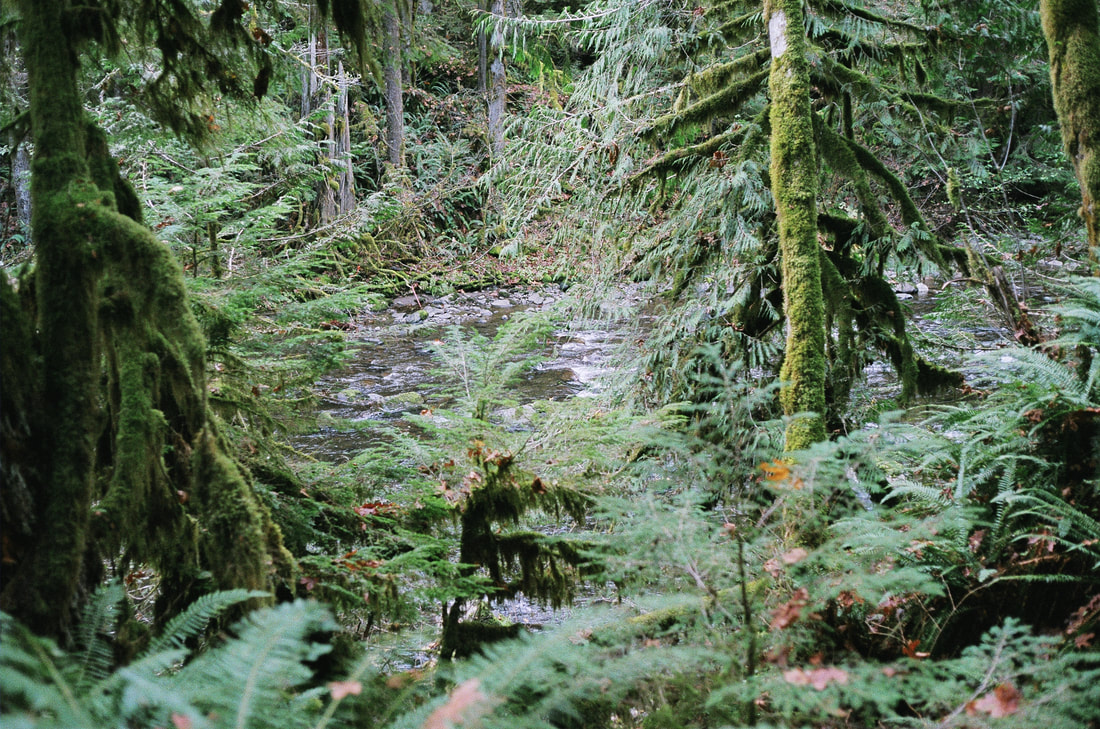
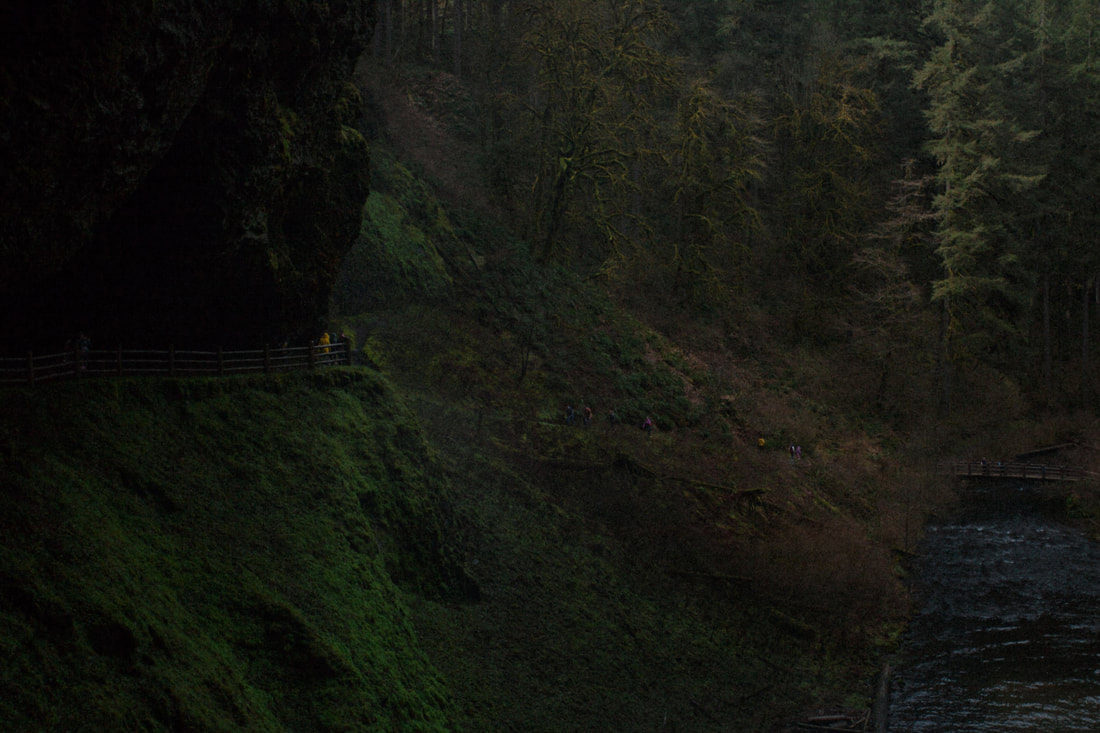
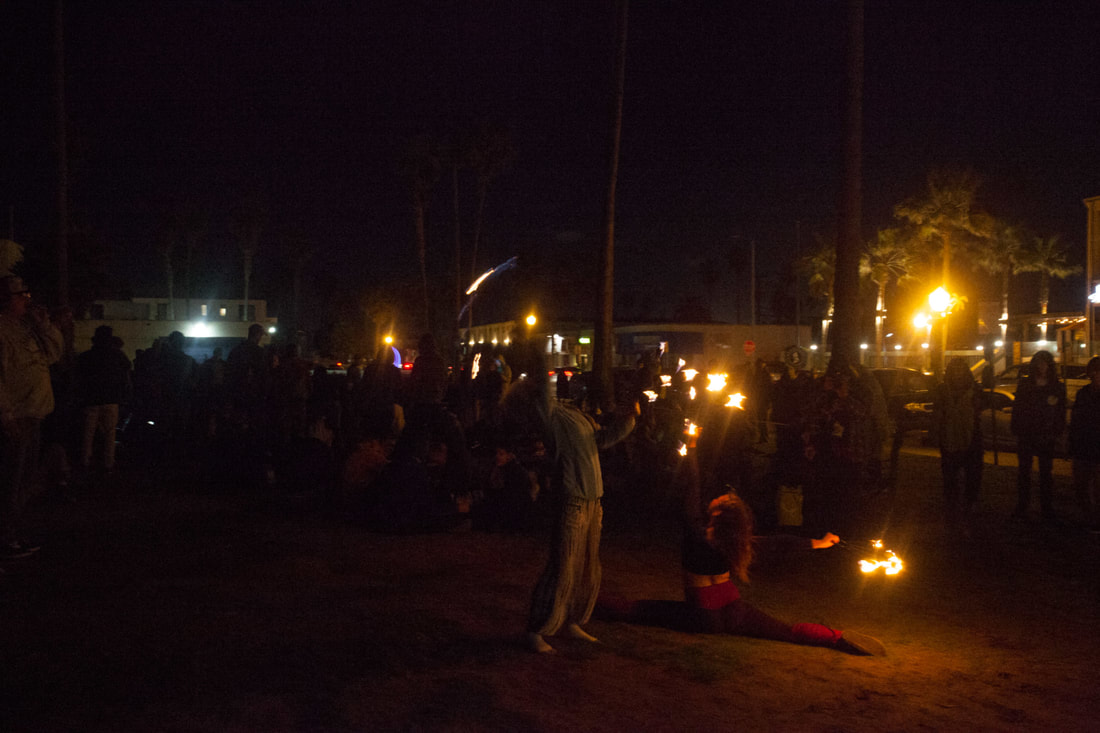
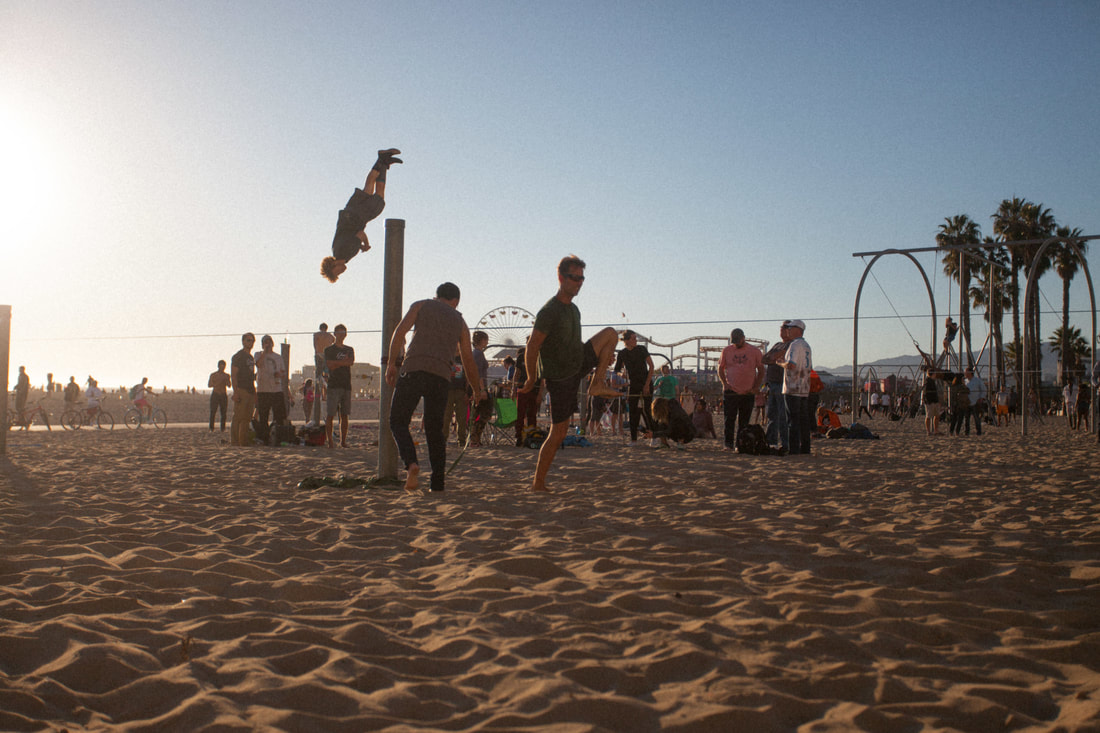
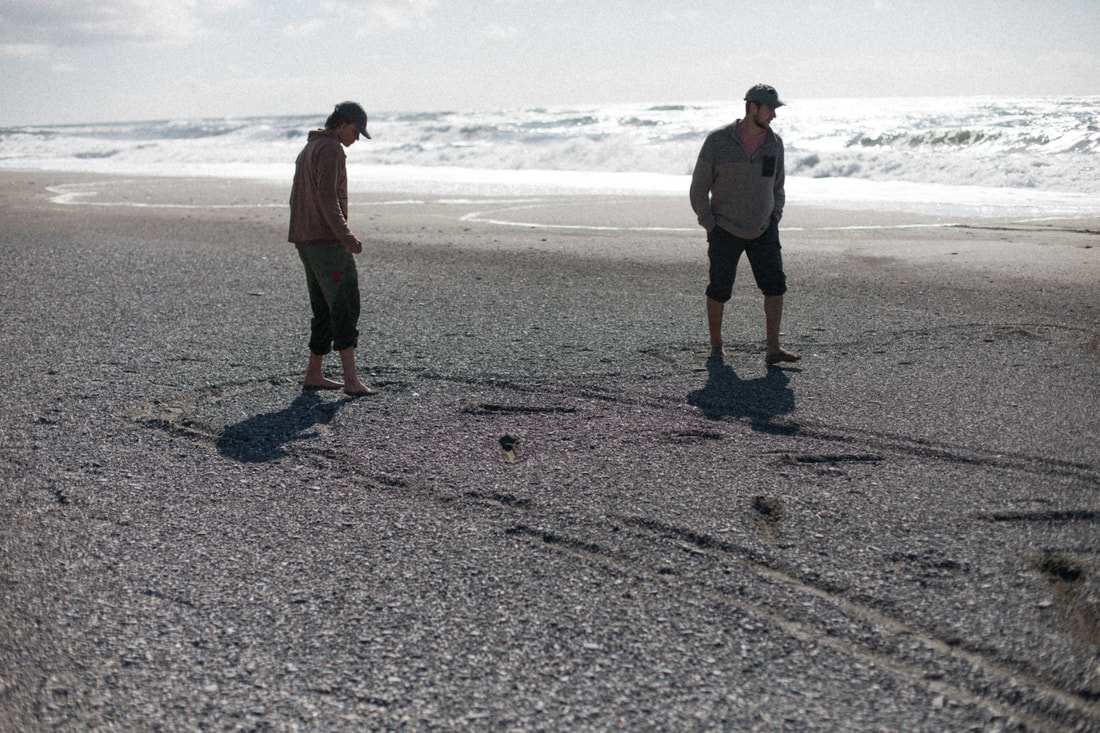
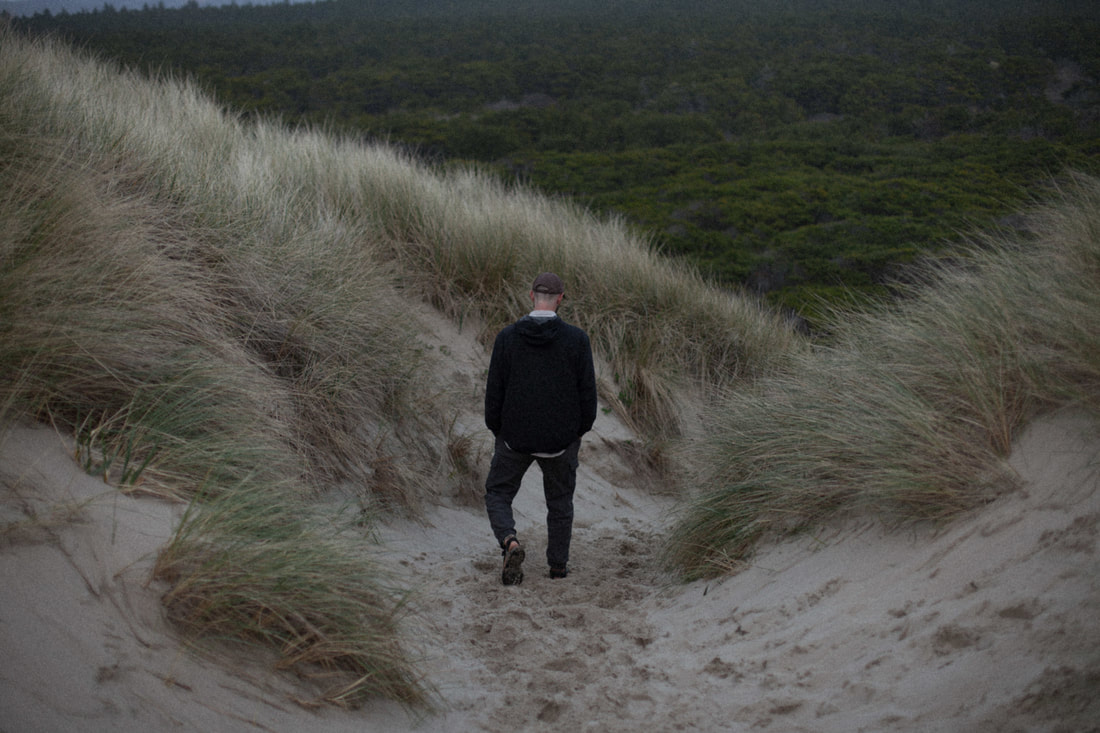
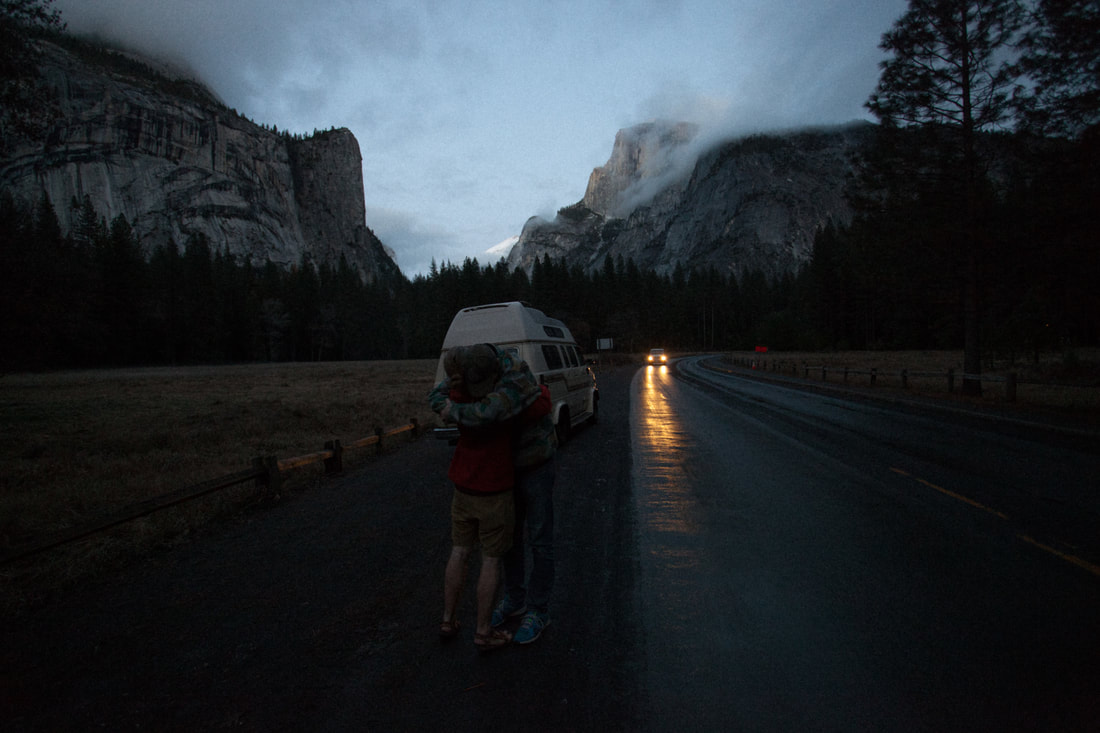
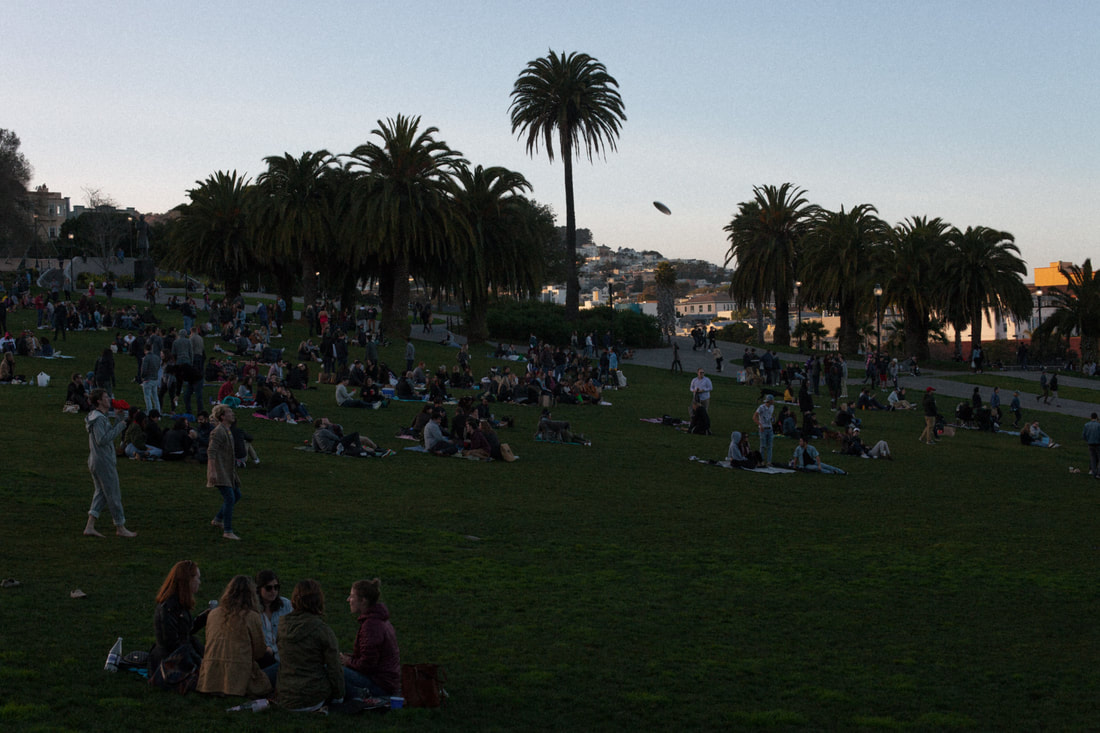
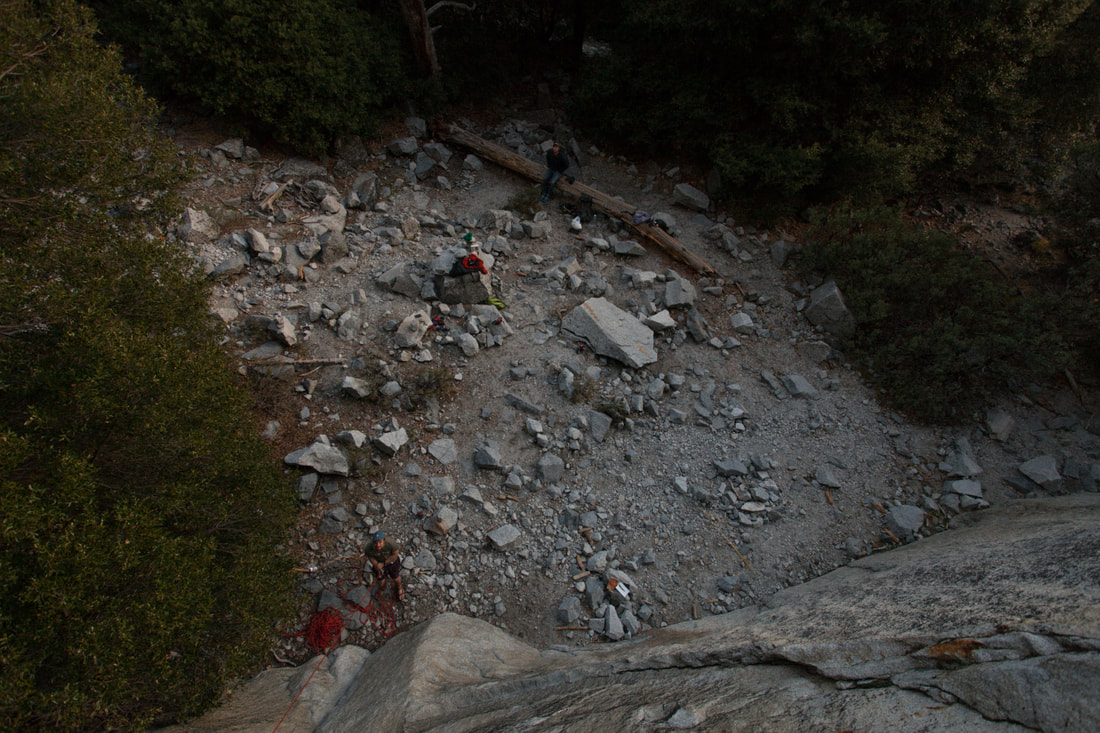
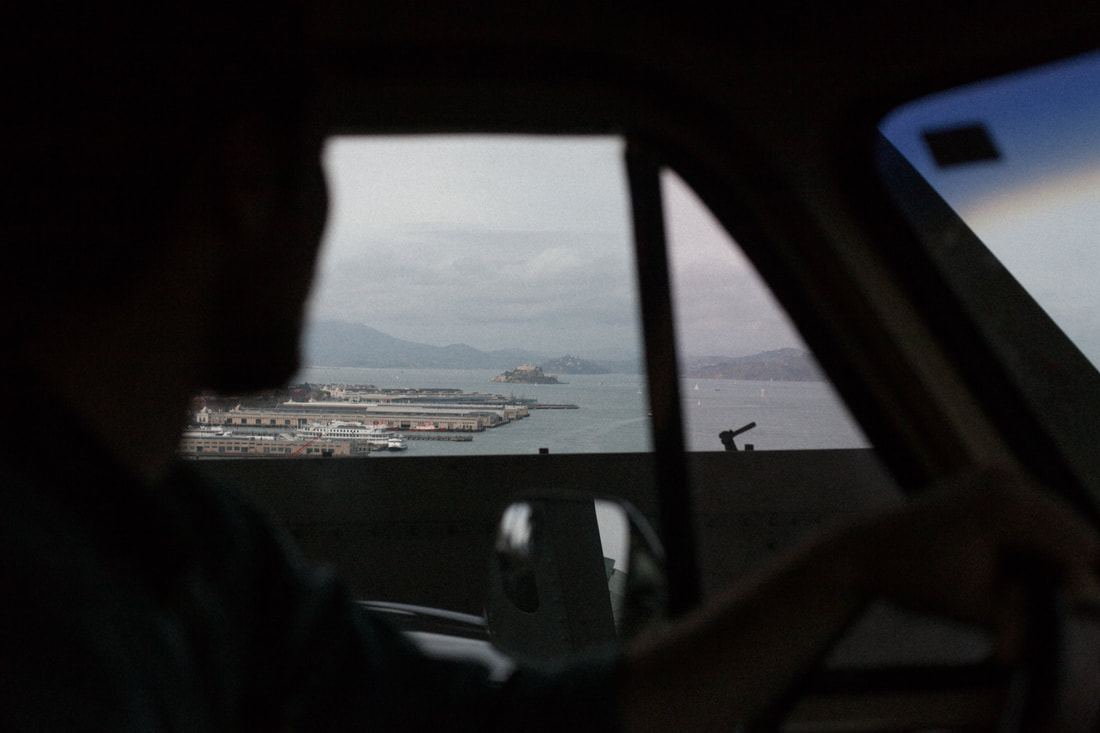
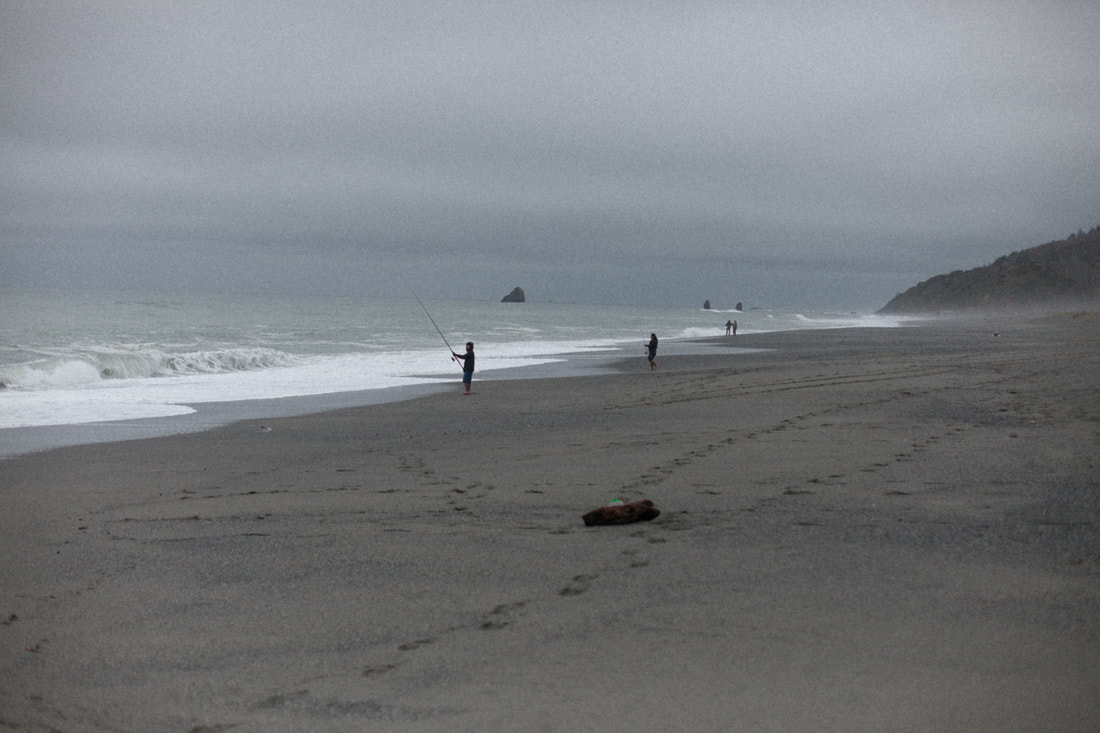
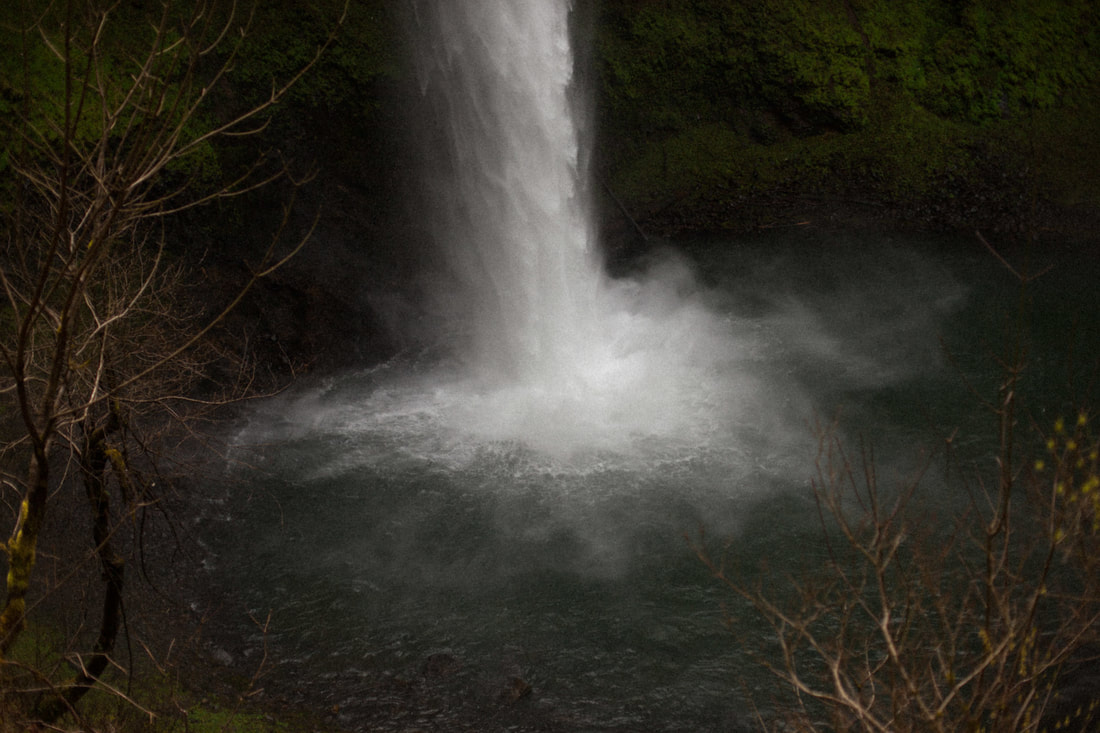
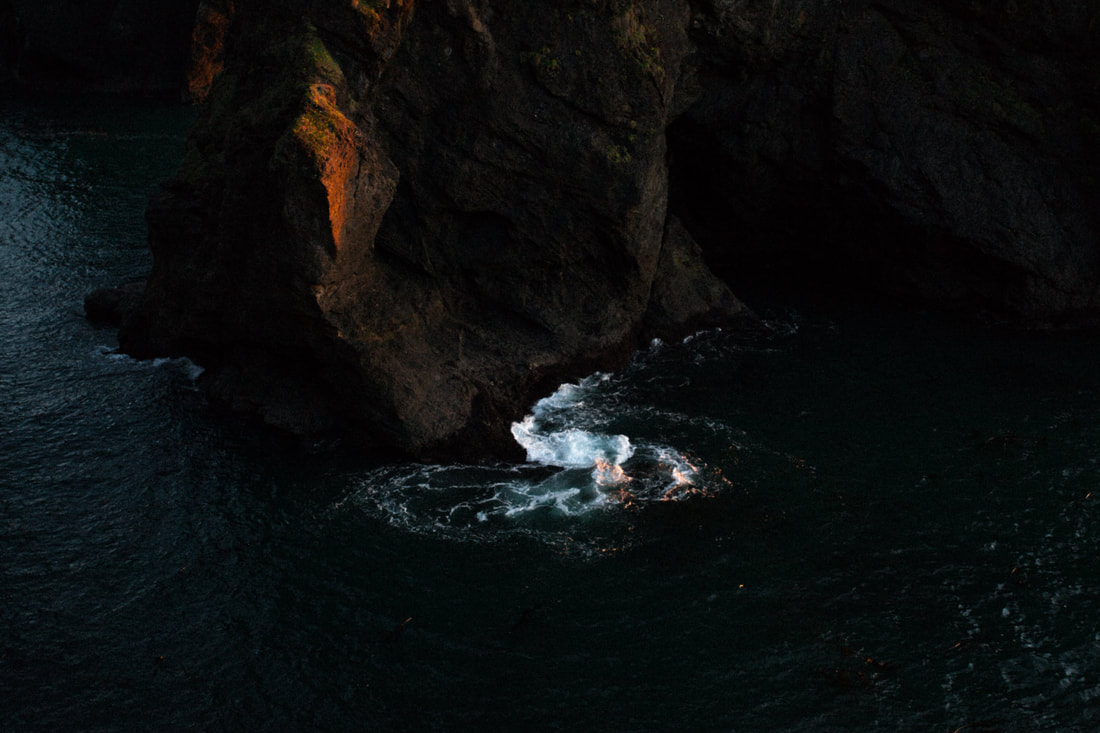
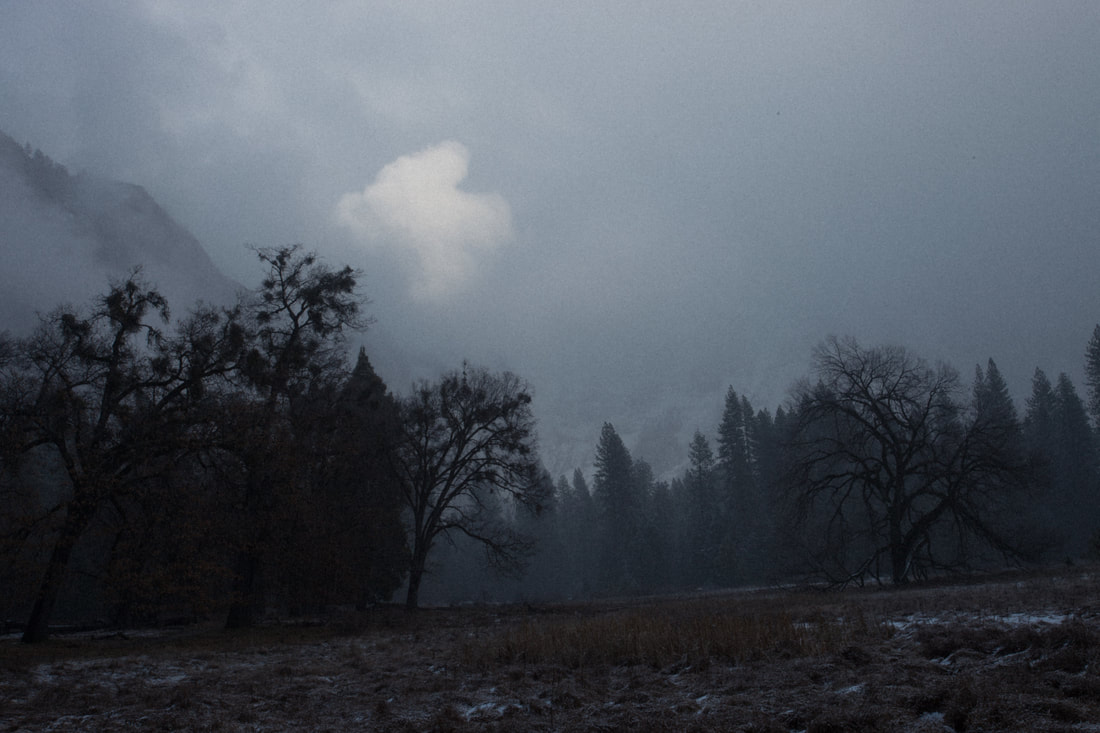
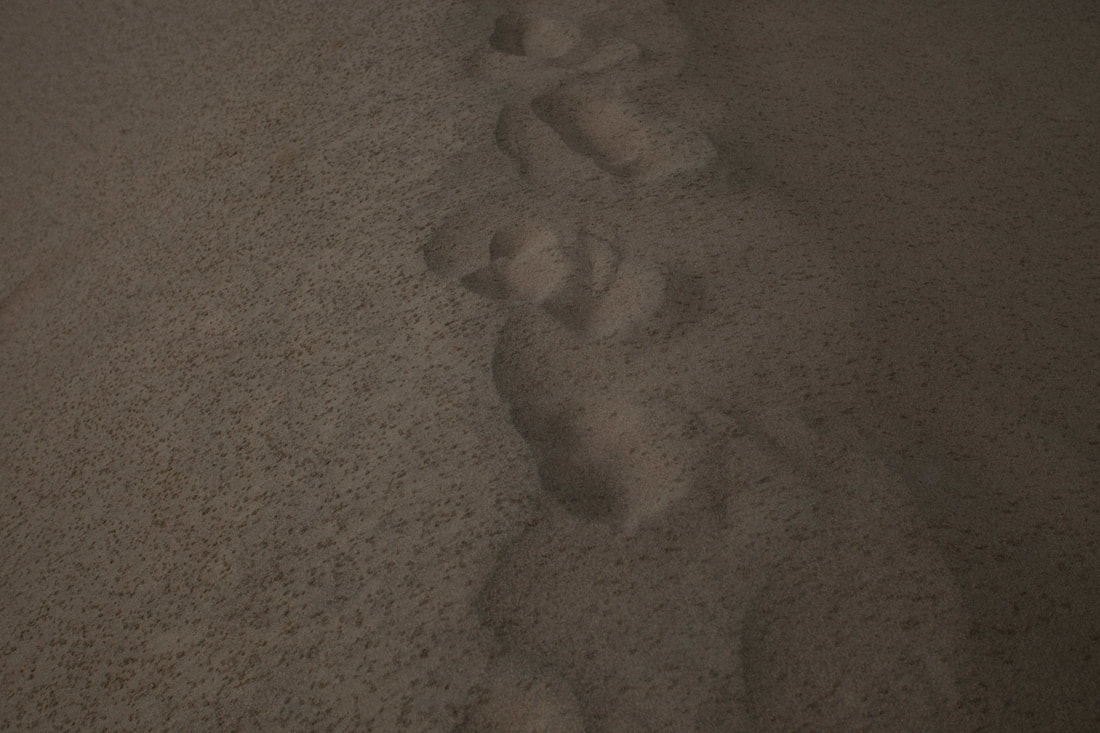
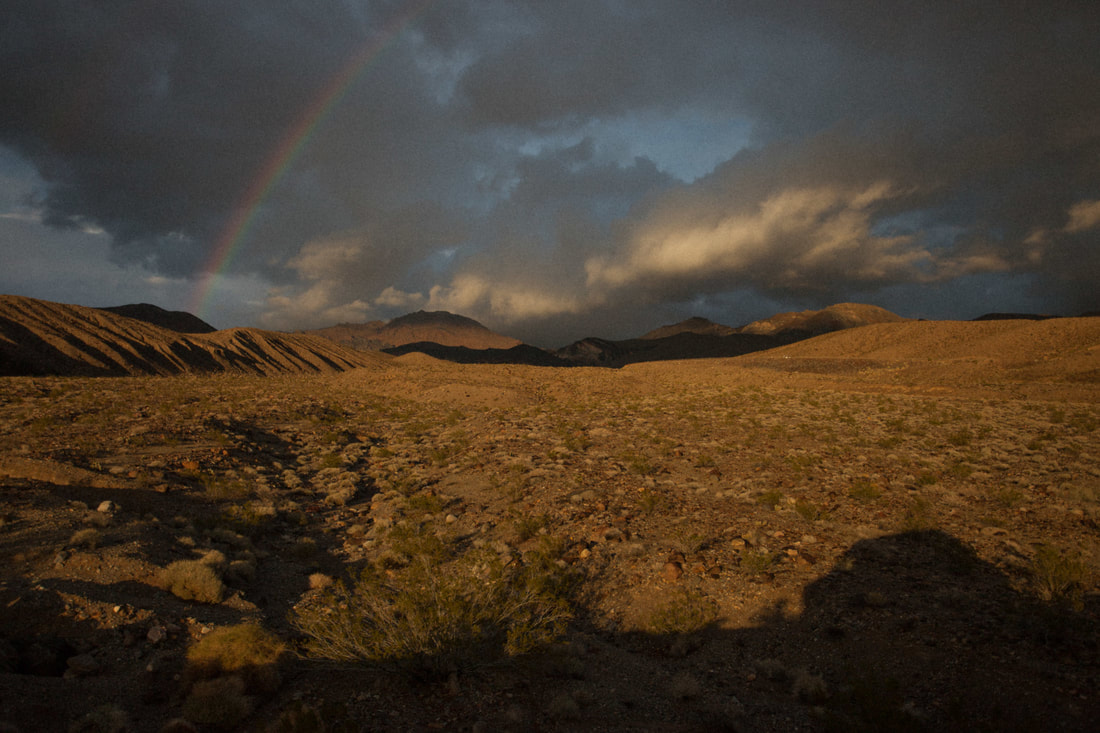
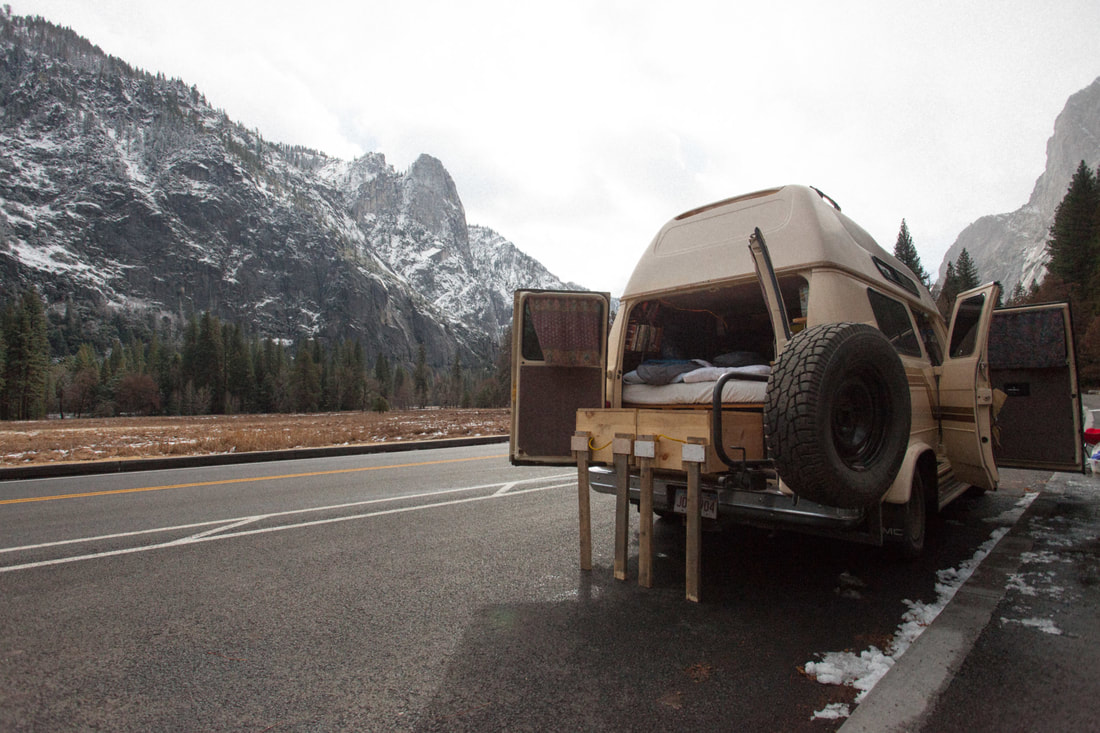
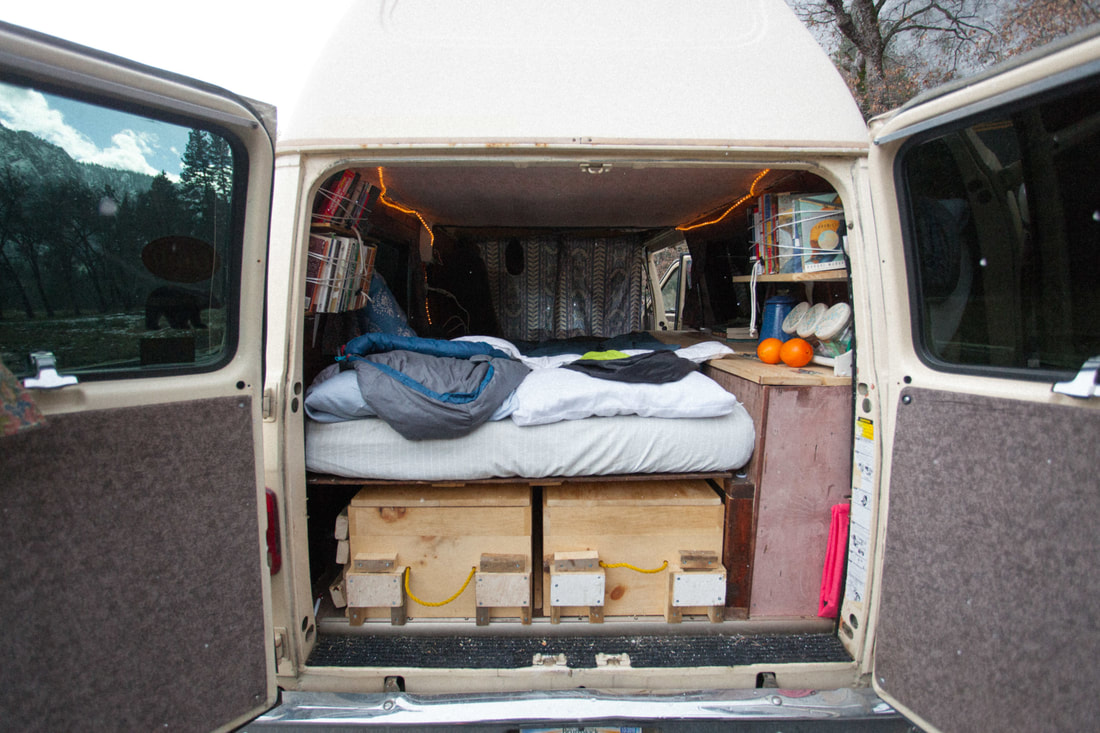
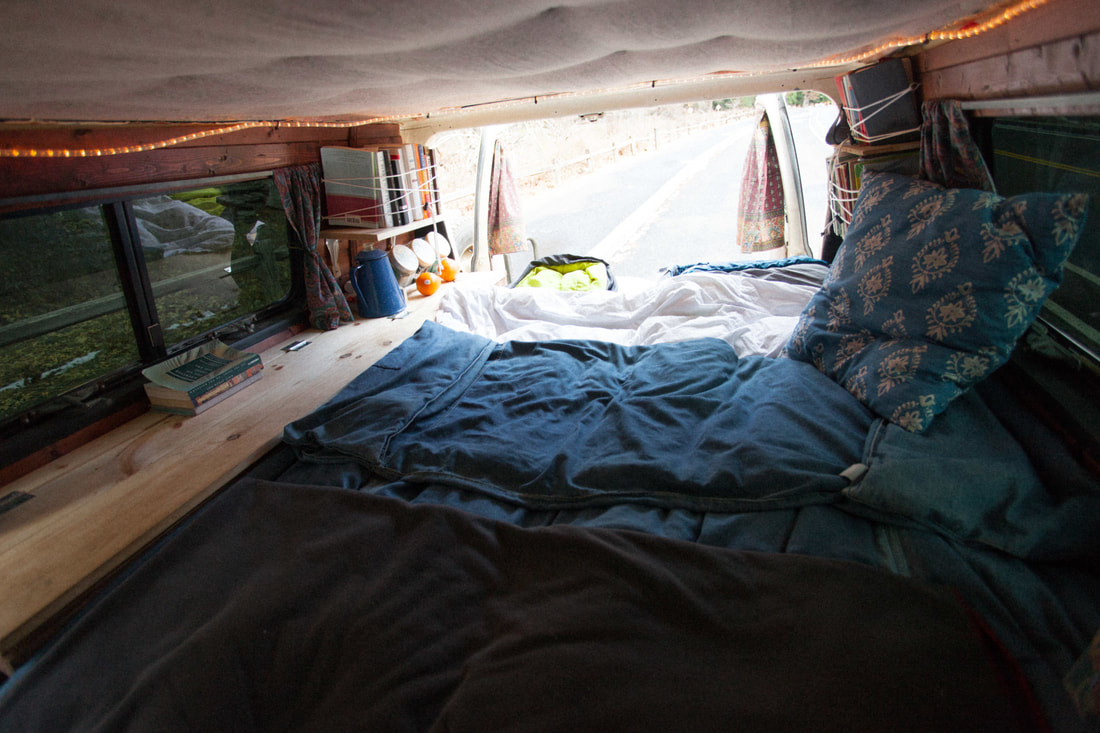
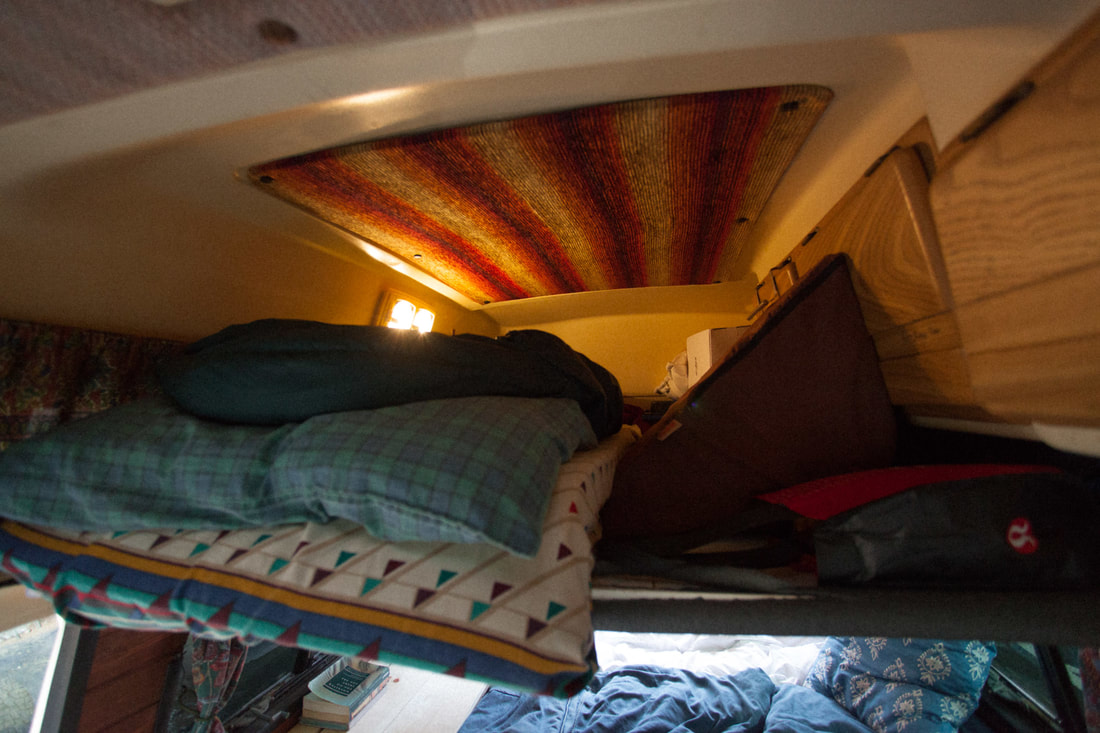
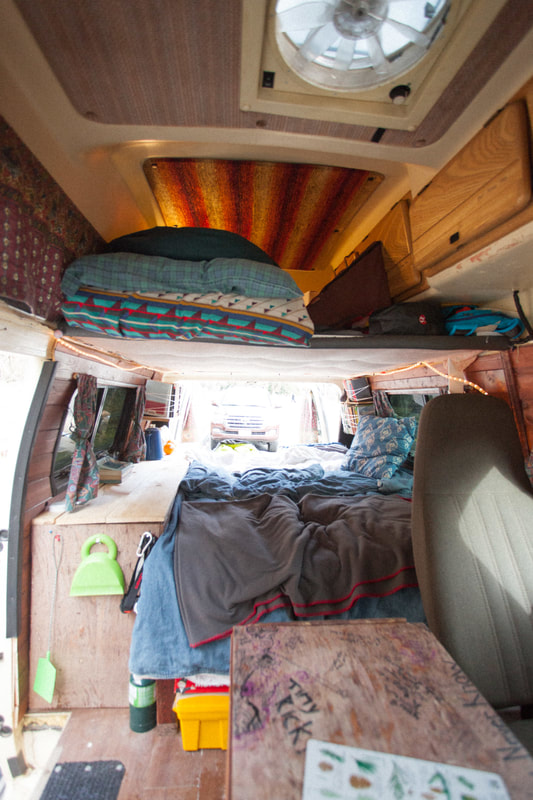
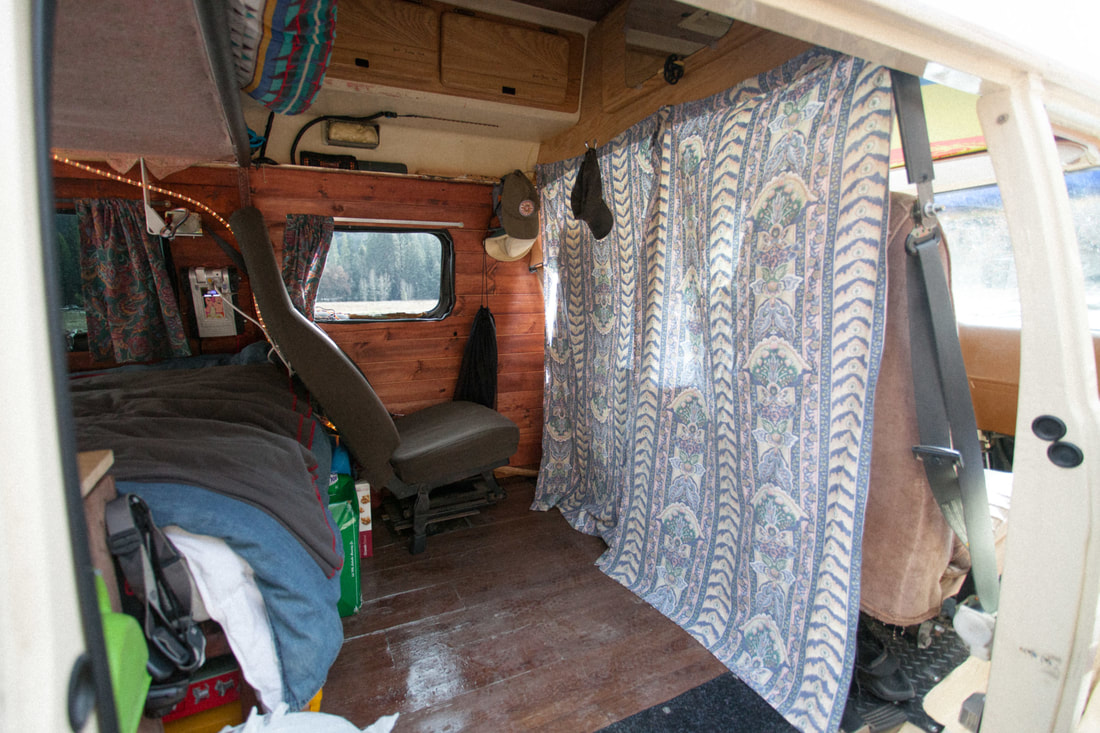
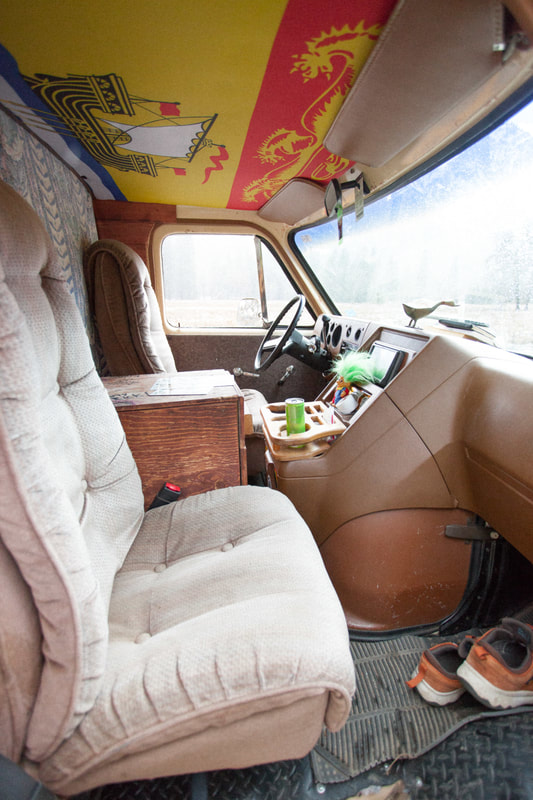
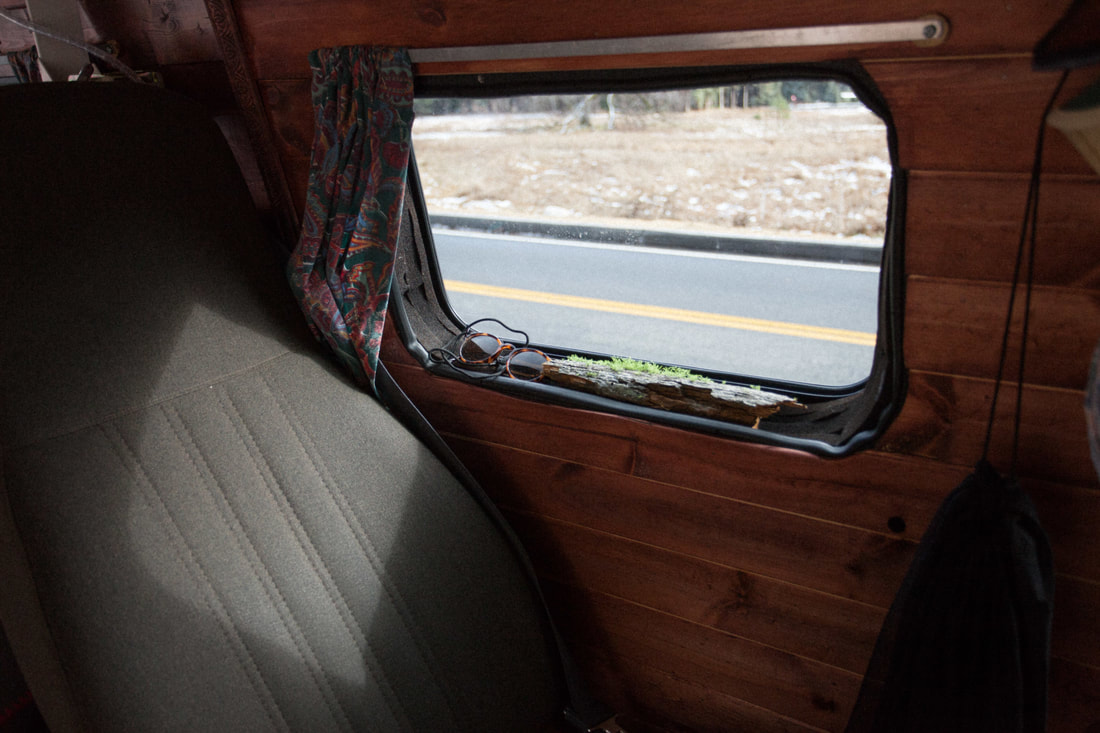
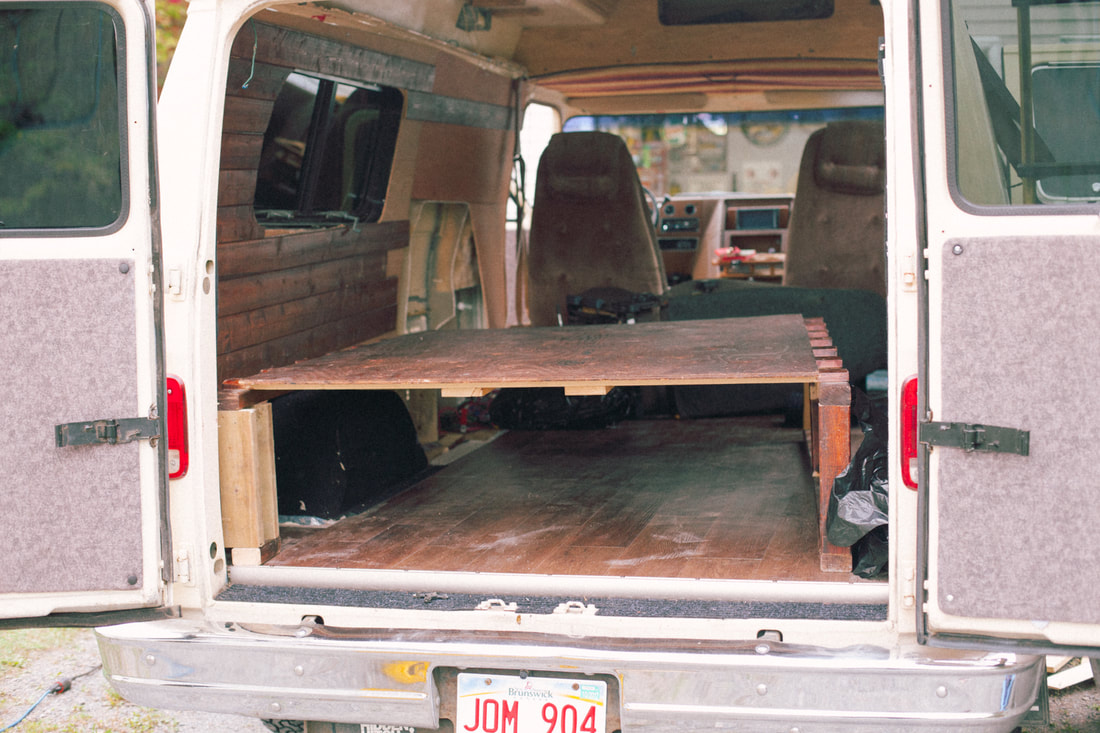
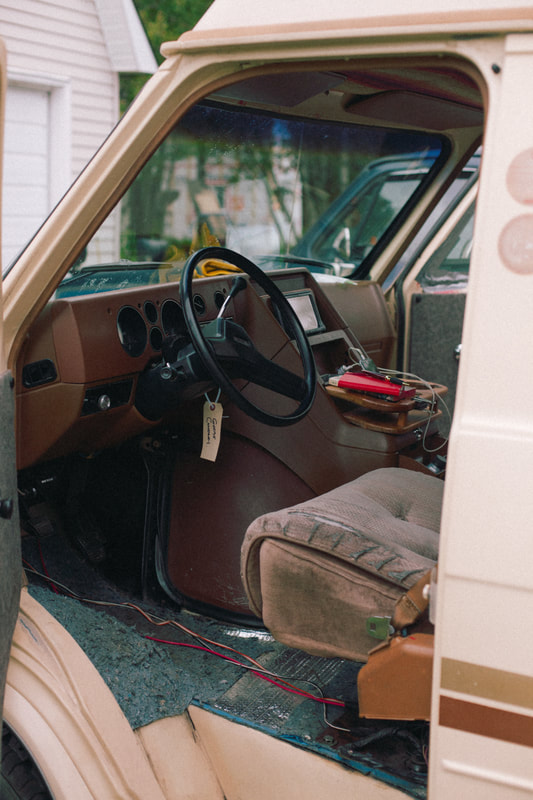
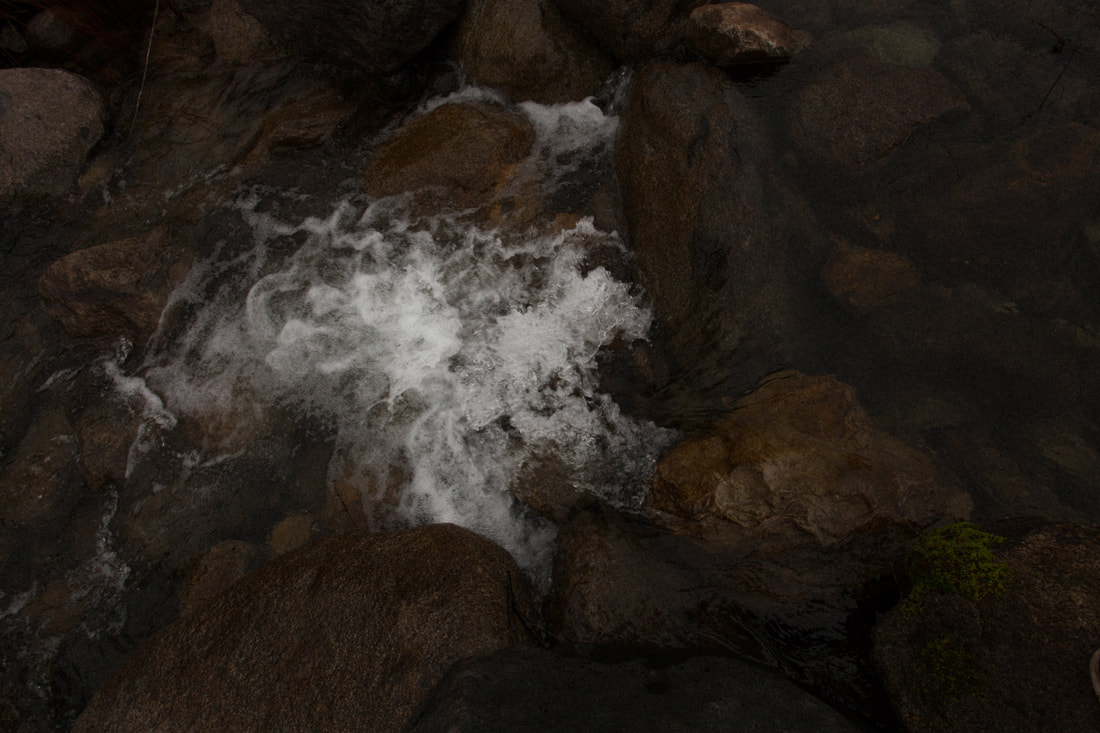
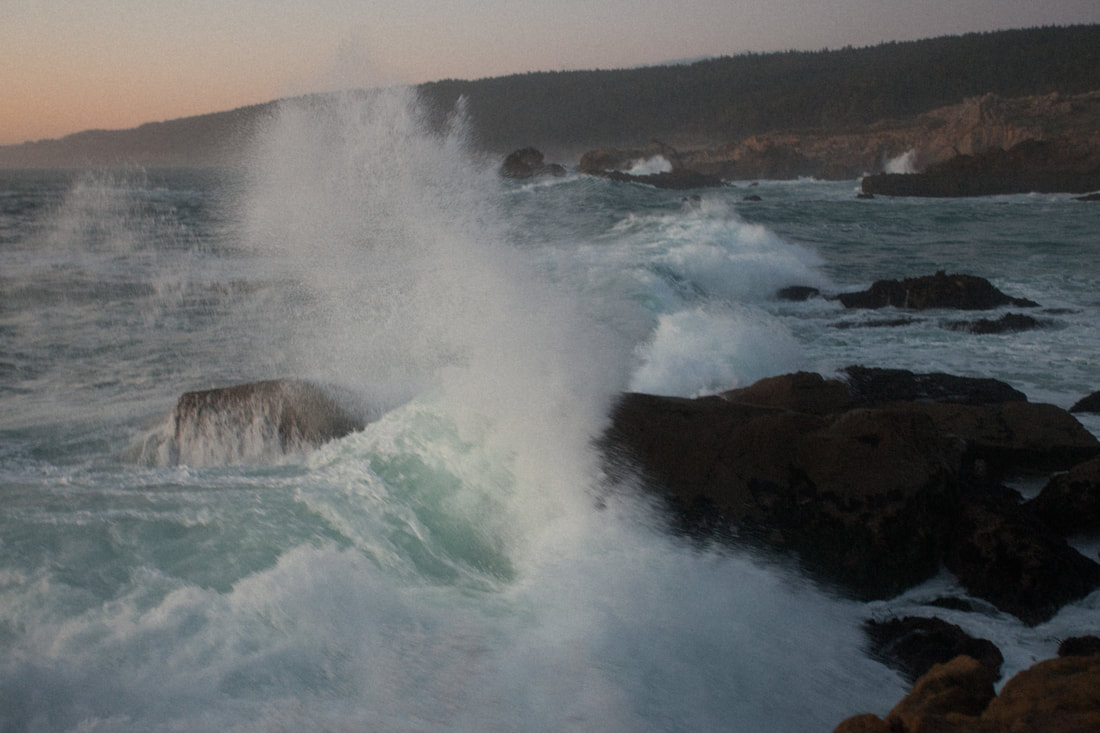
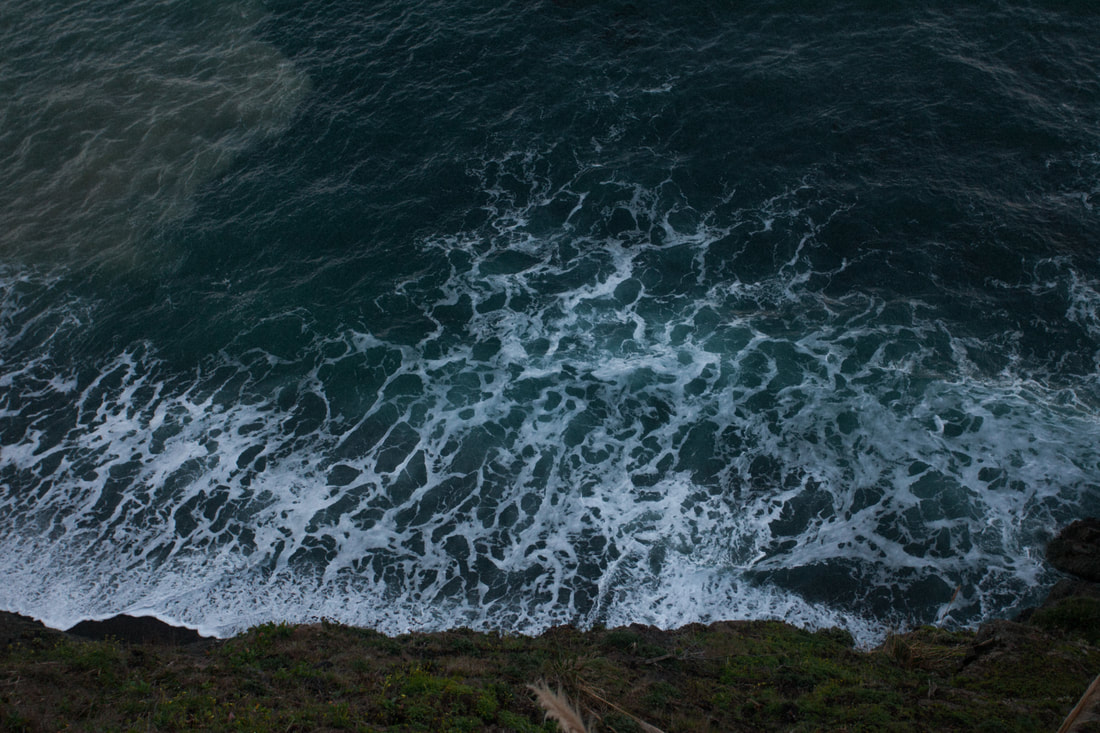
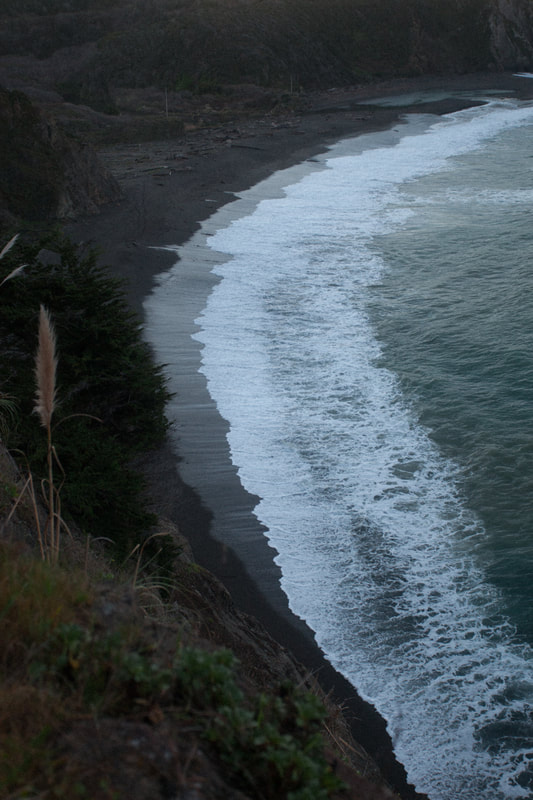
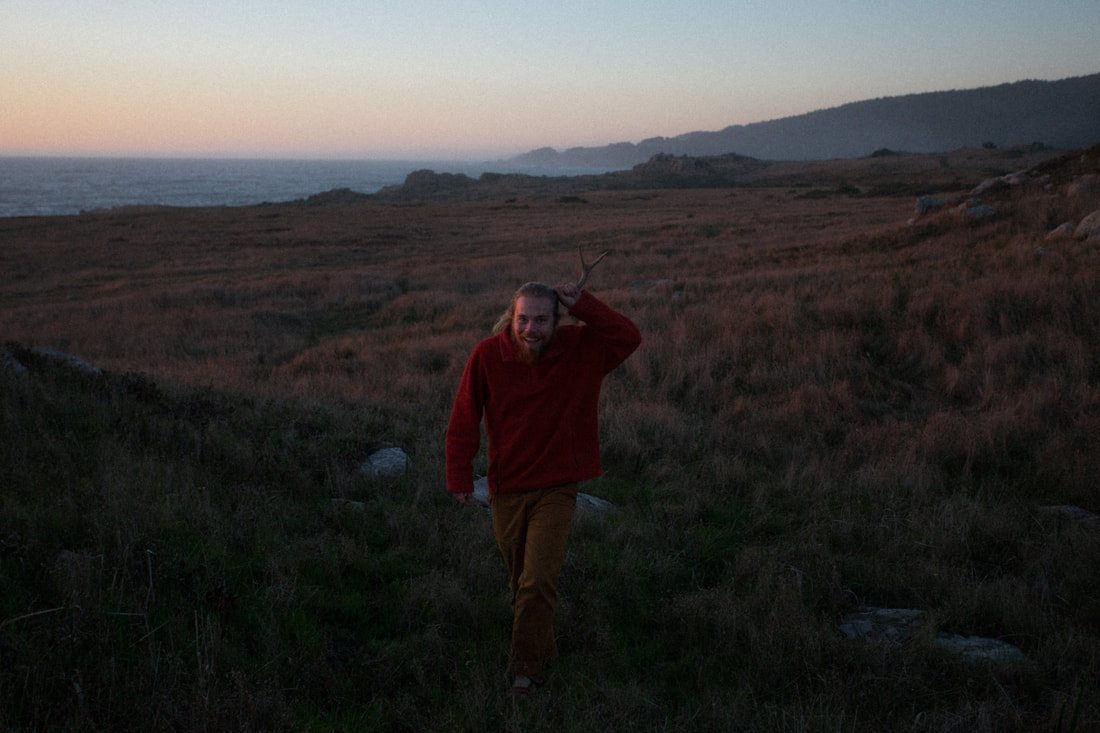
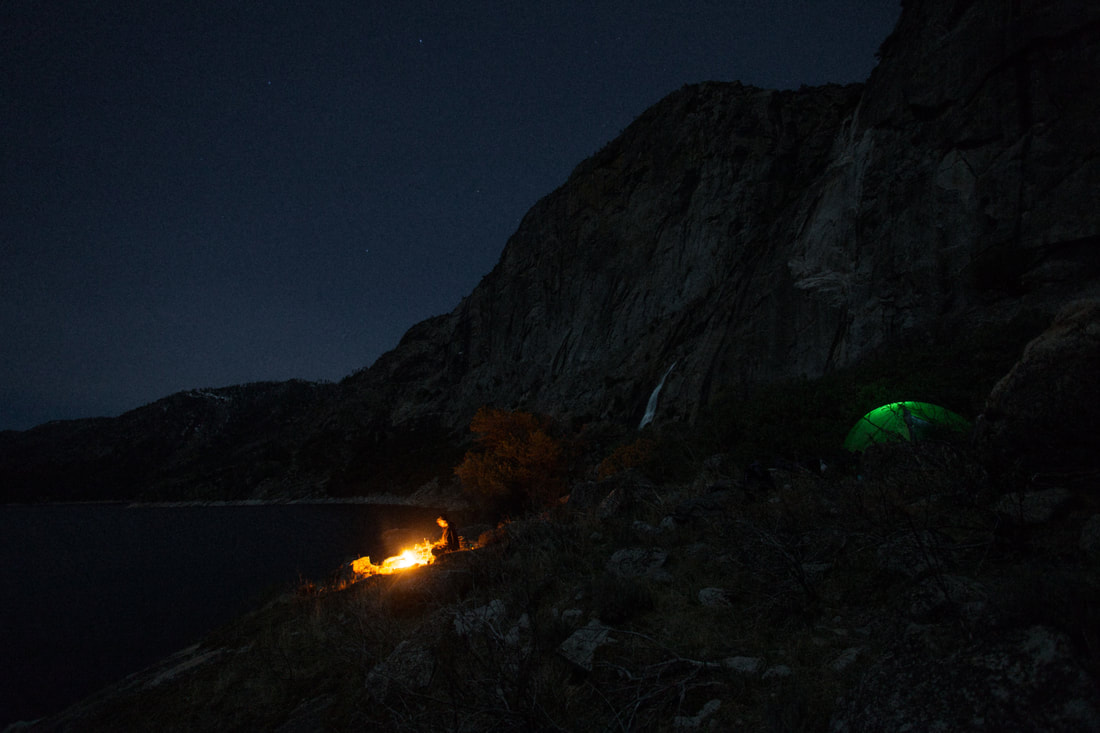
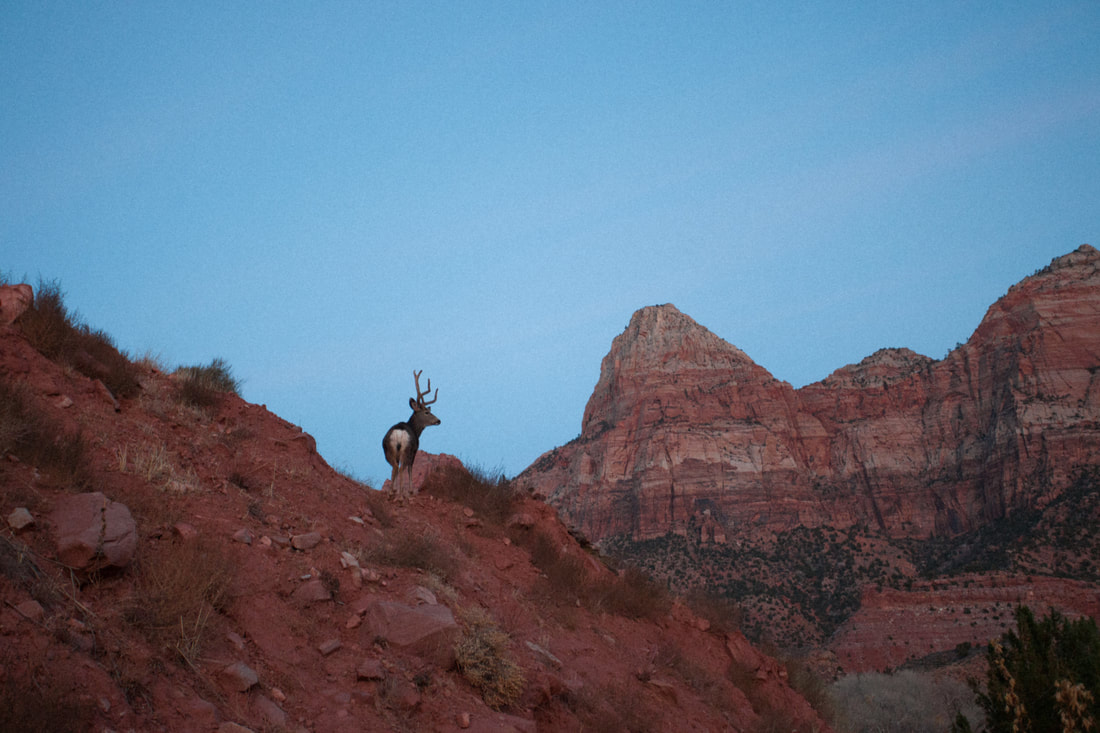
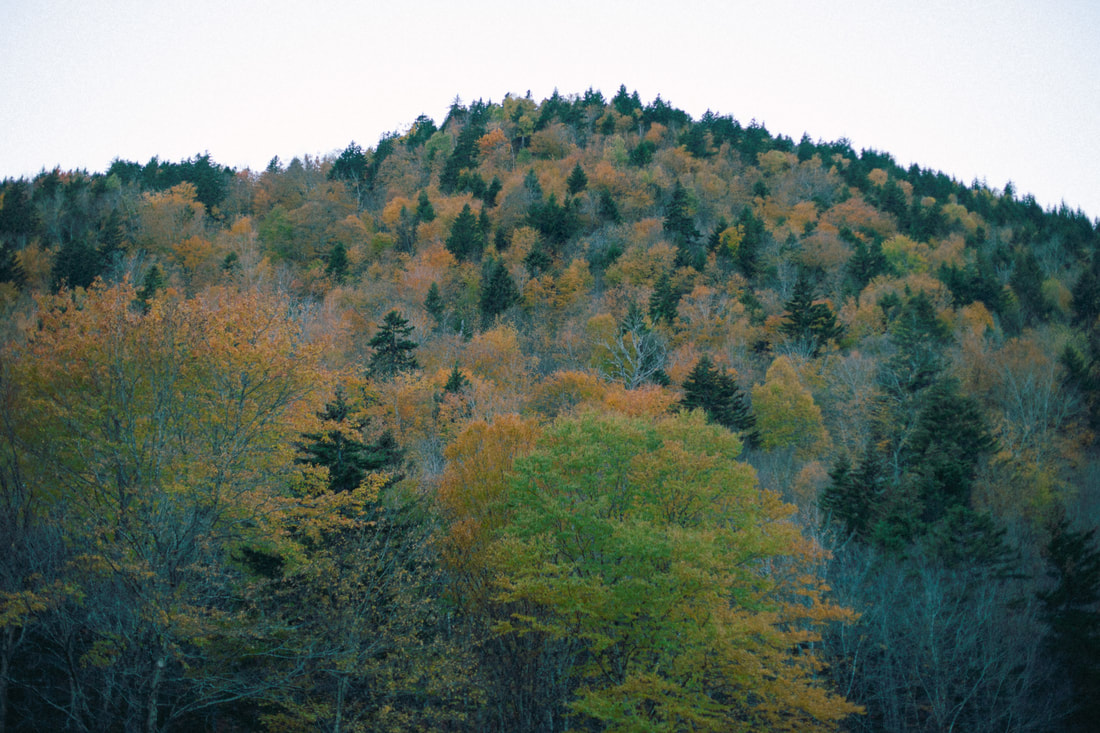
 RSS Feed
RSS Feed
